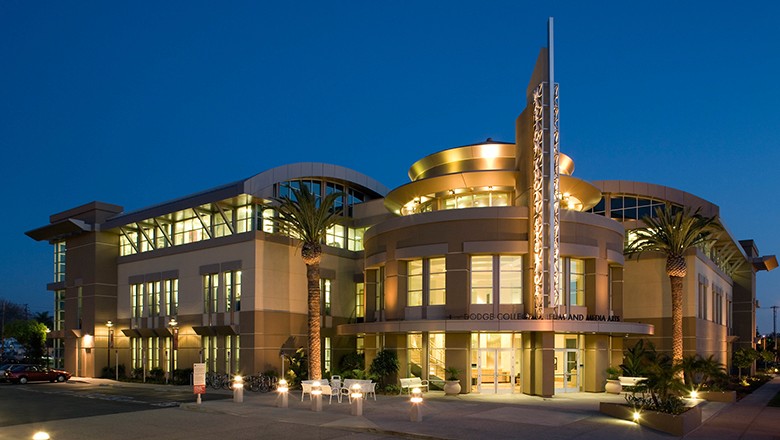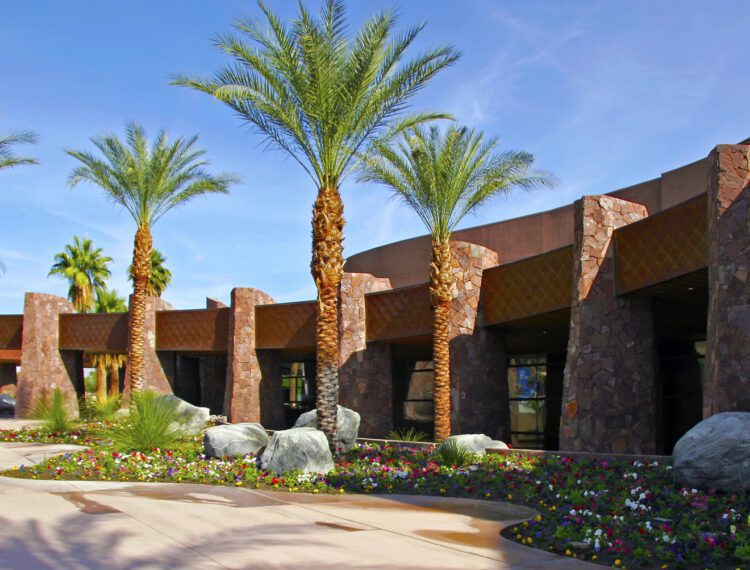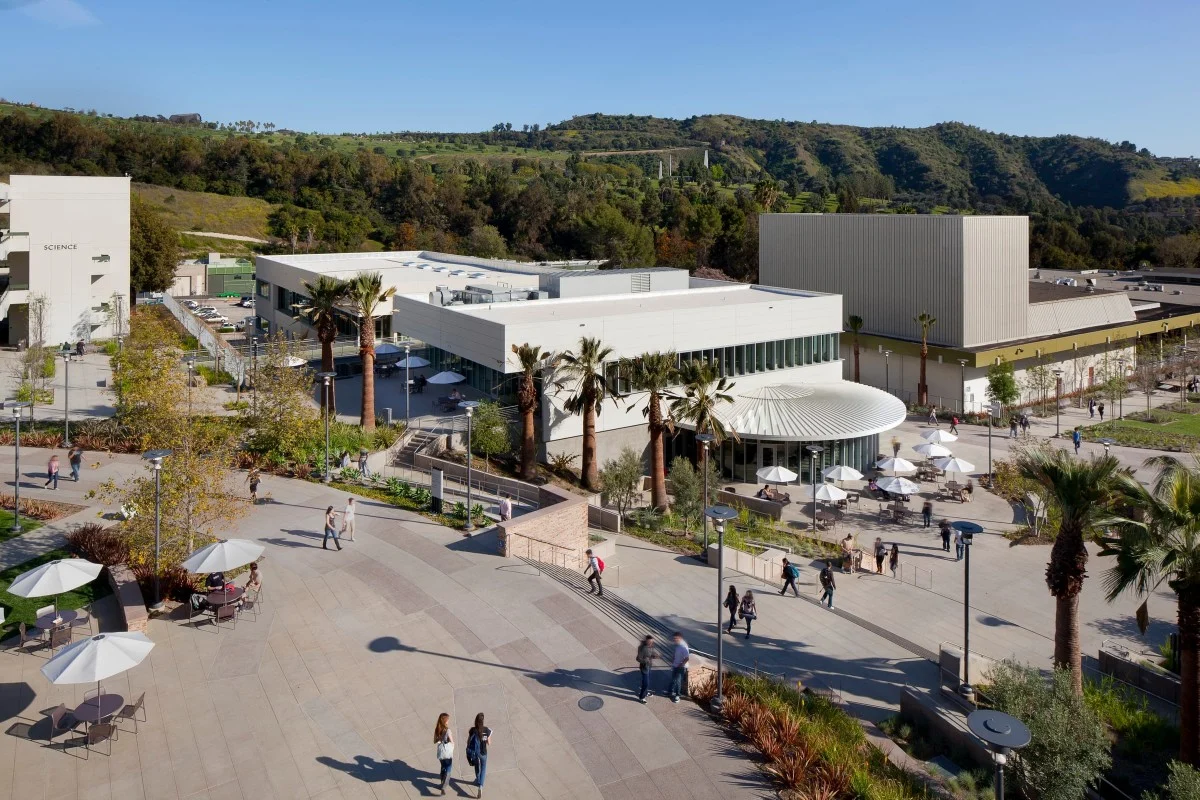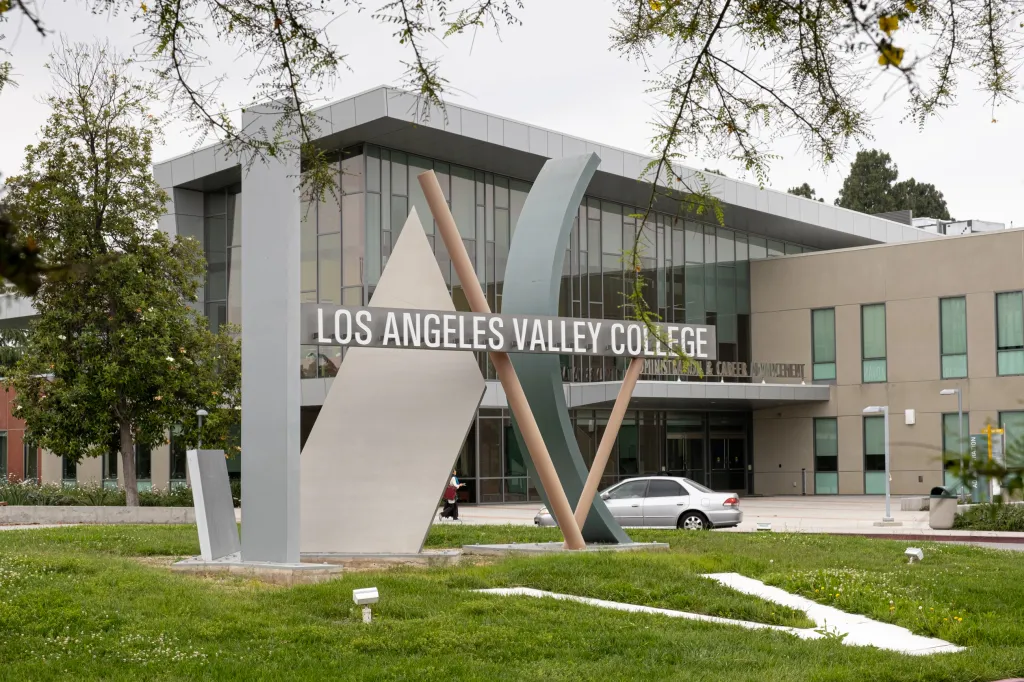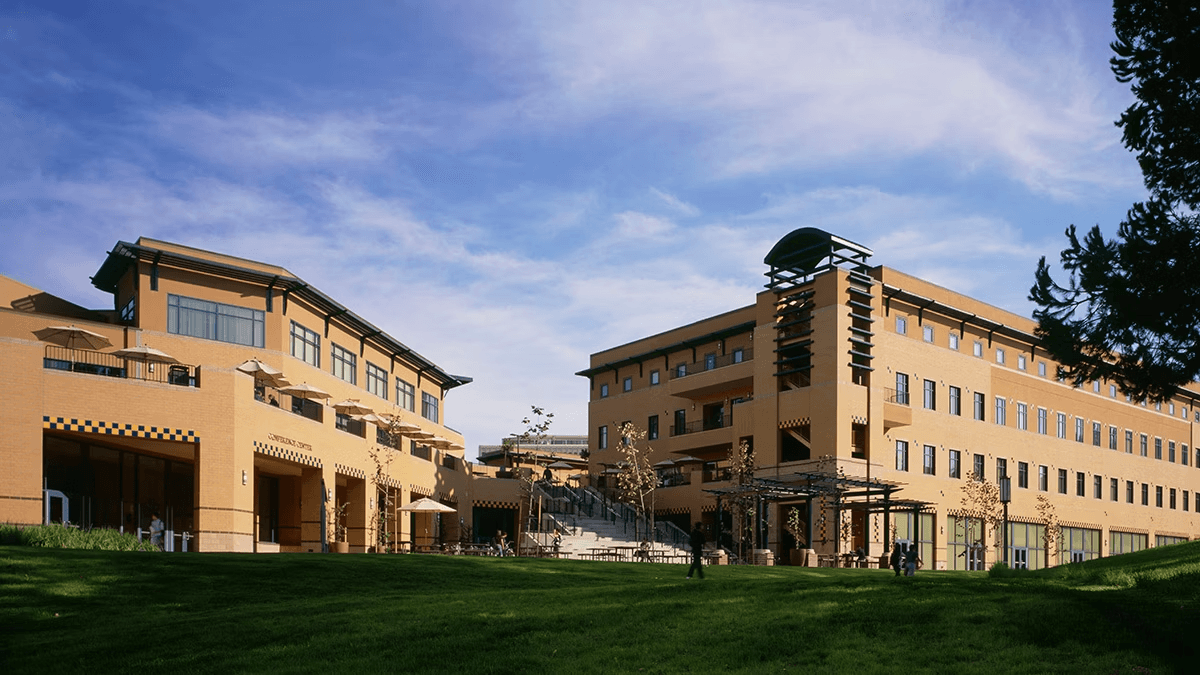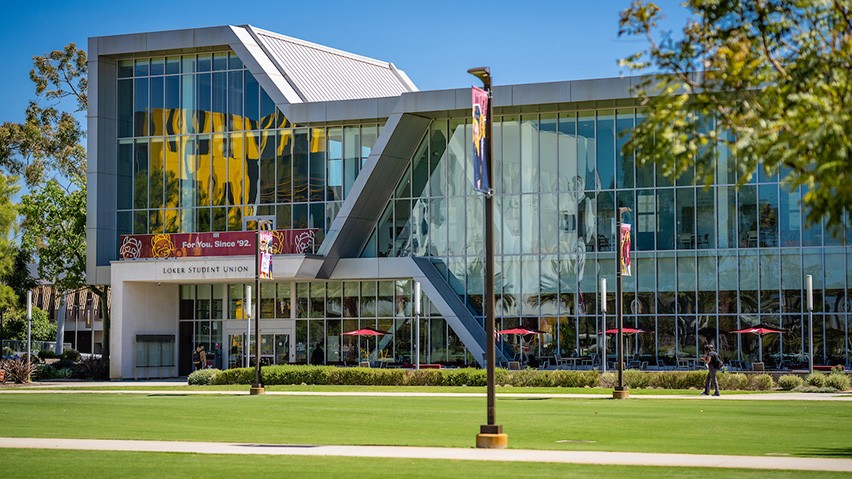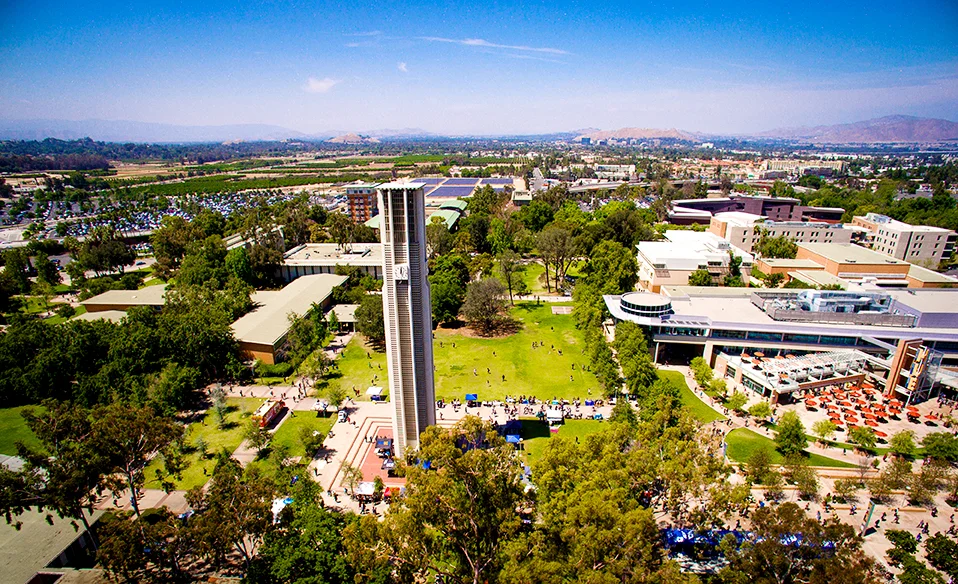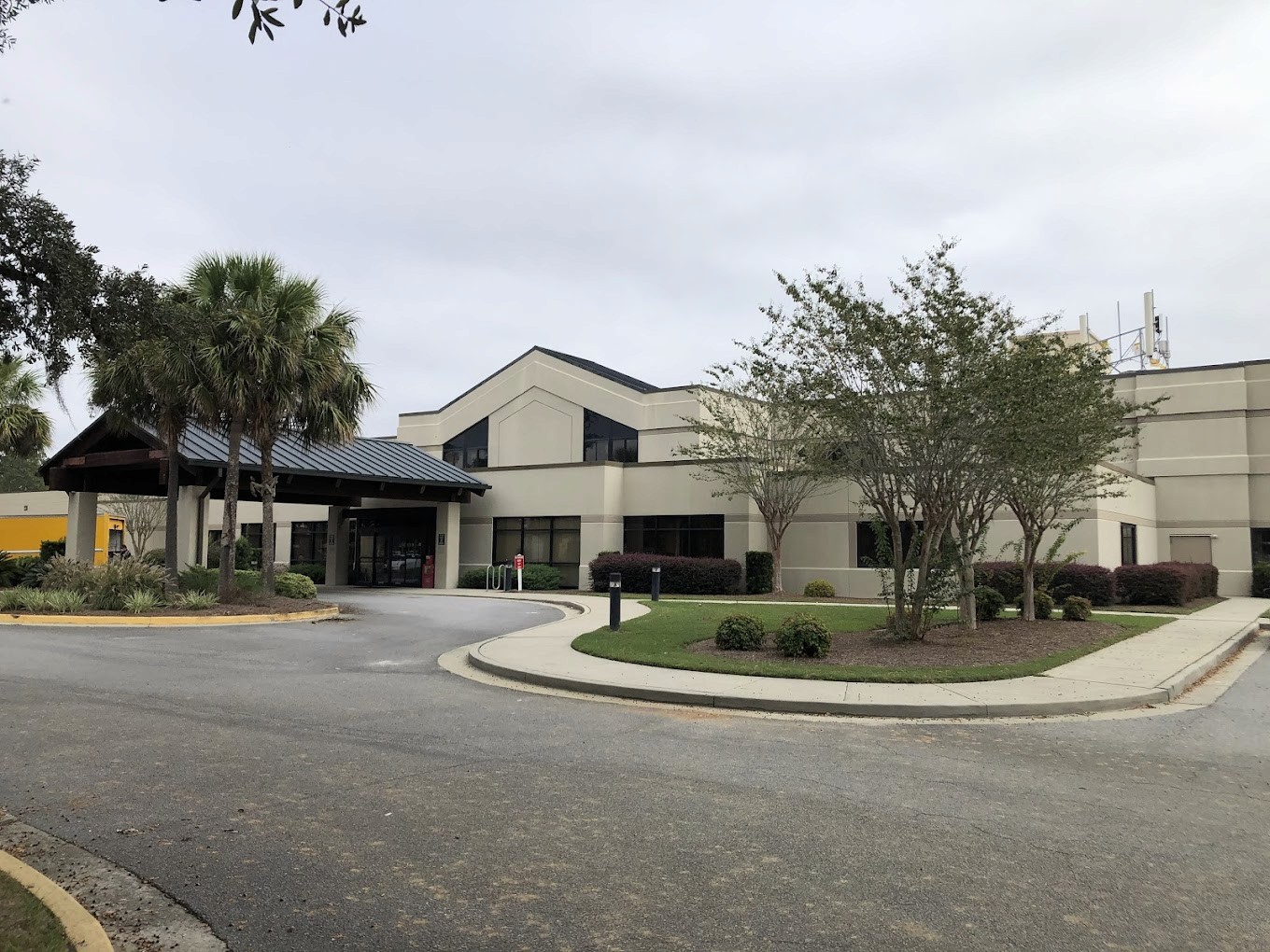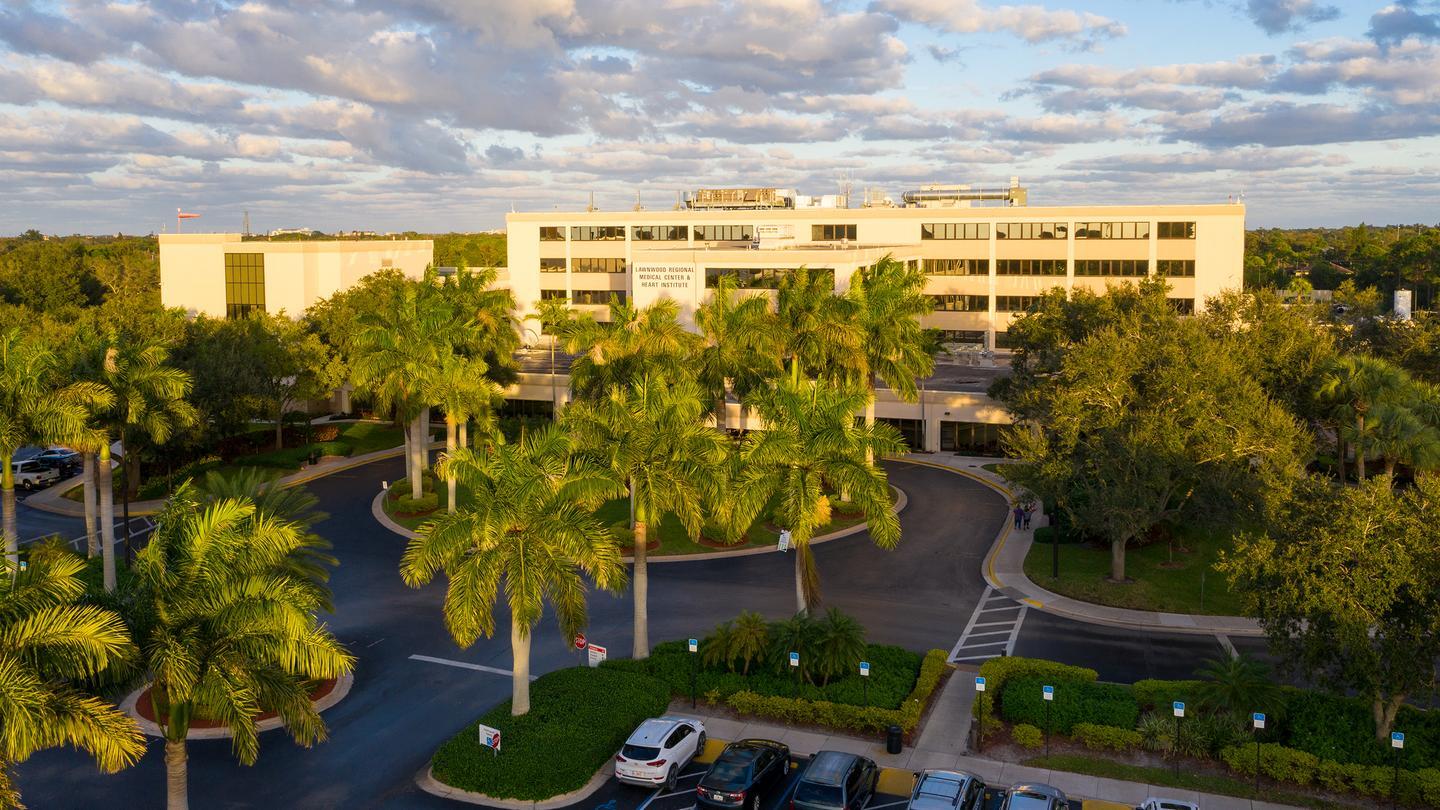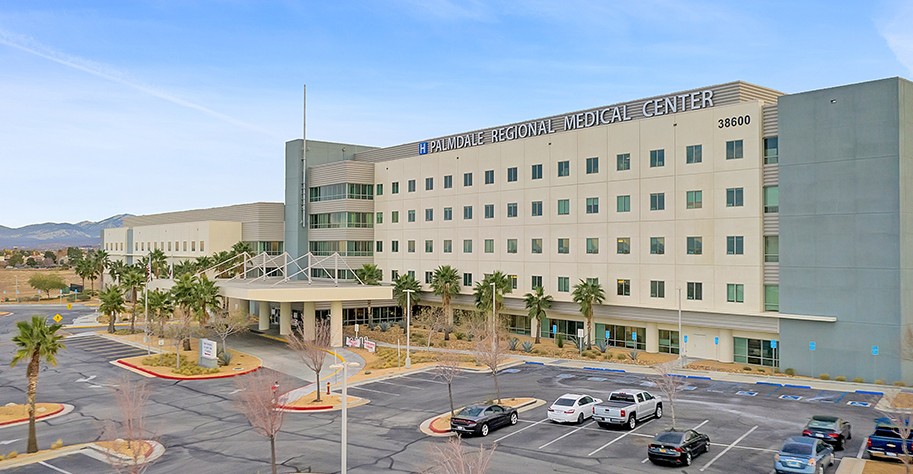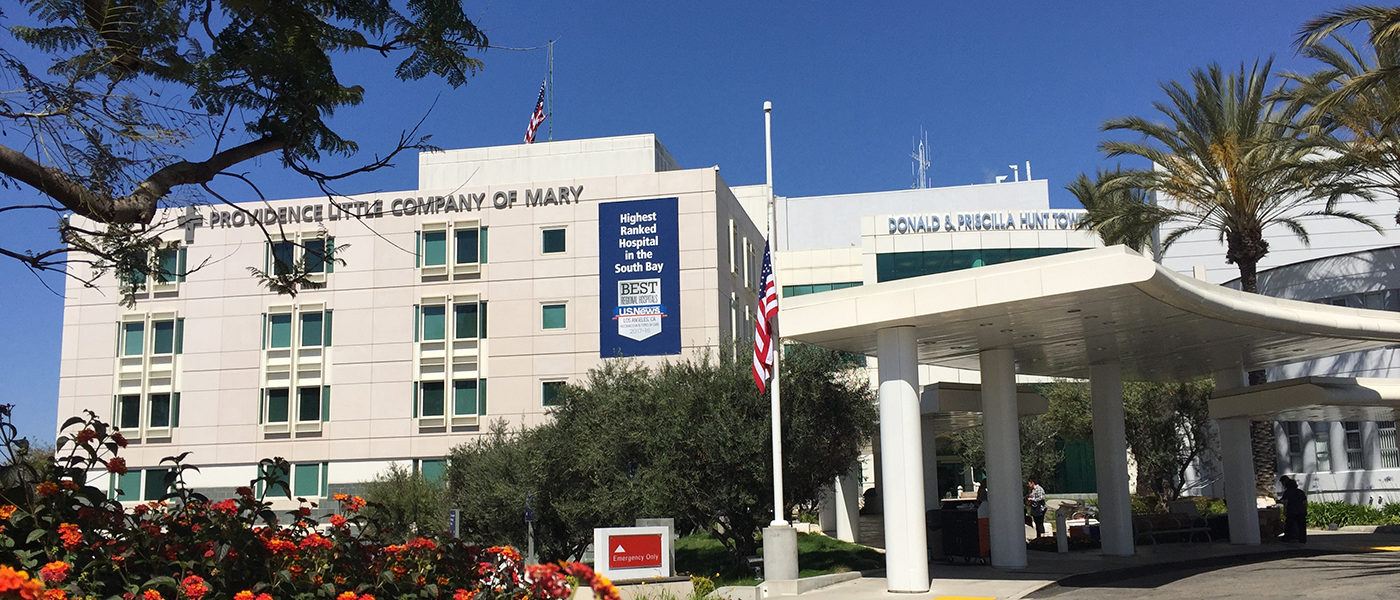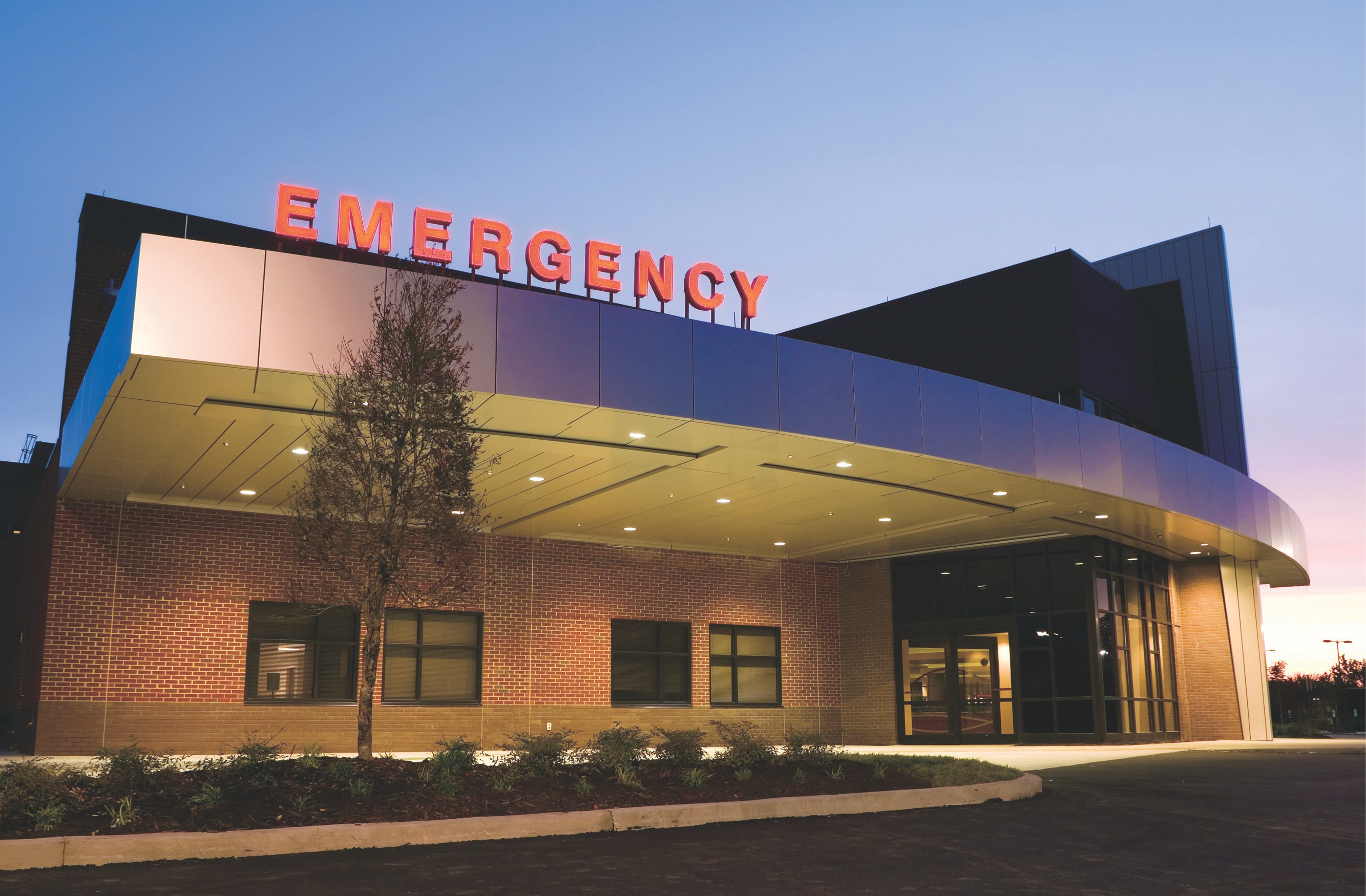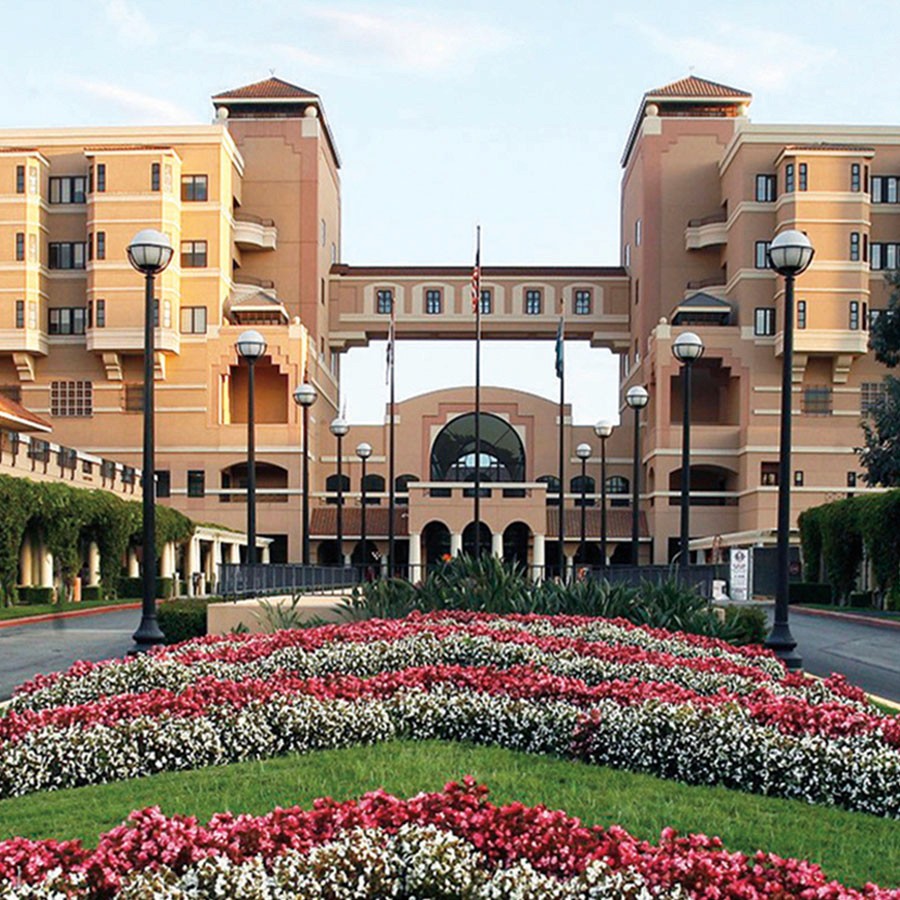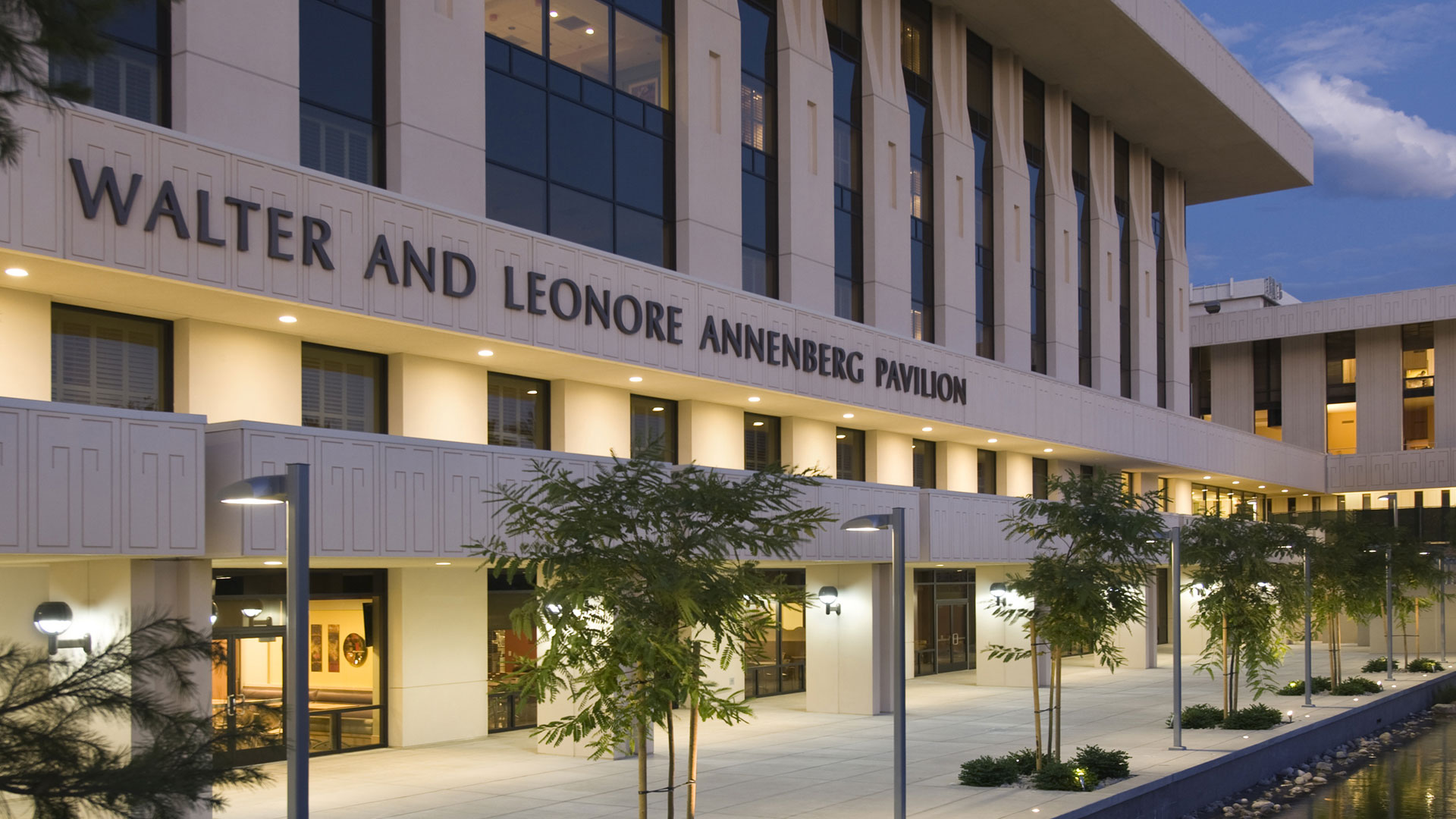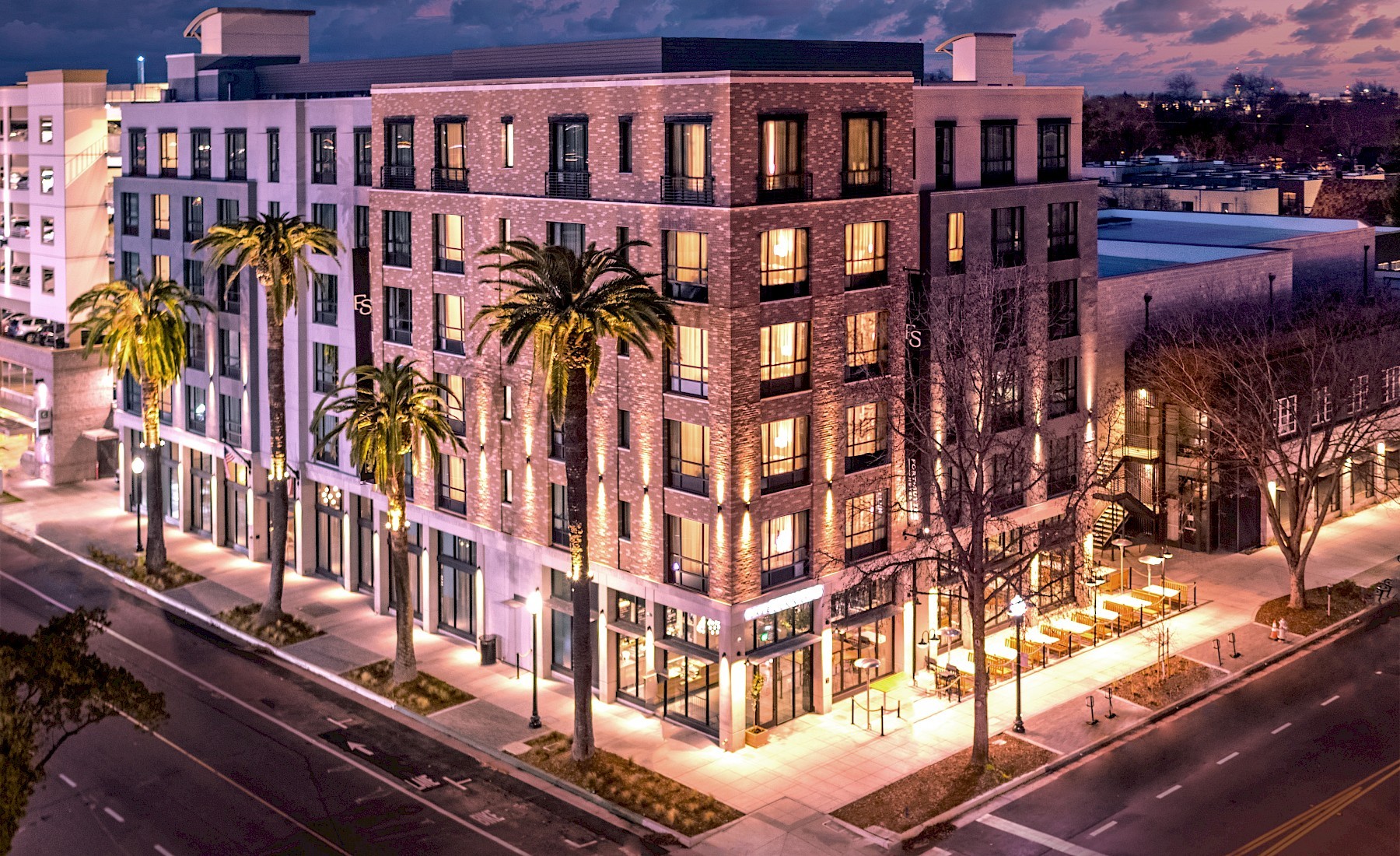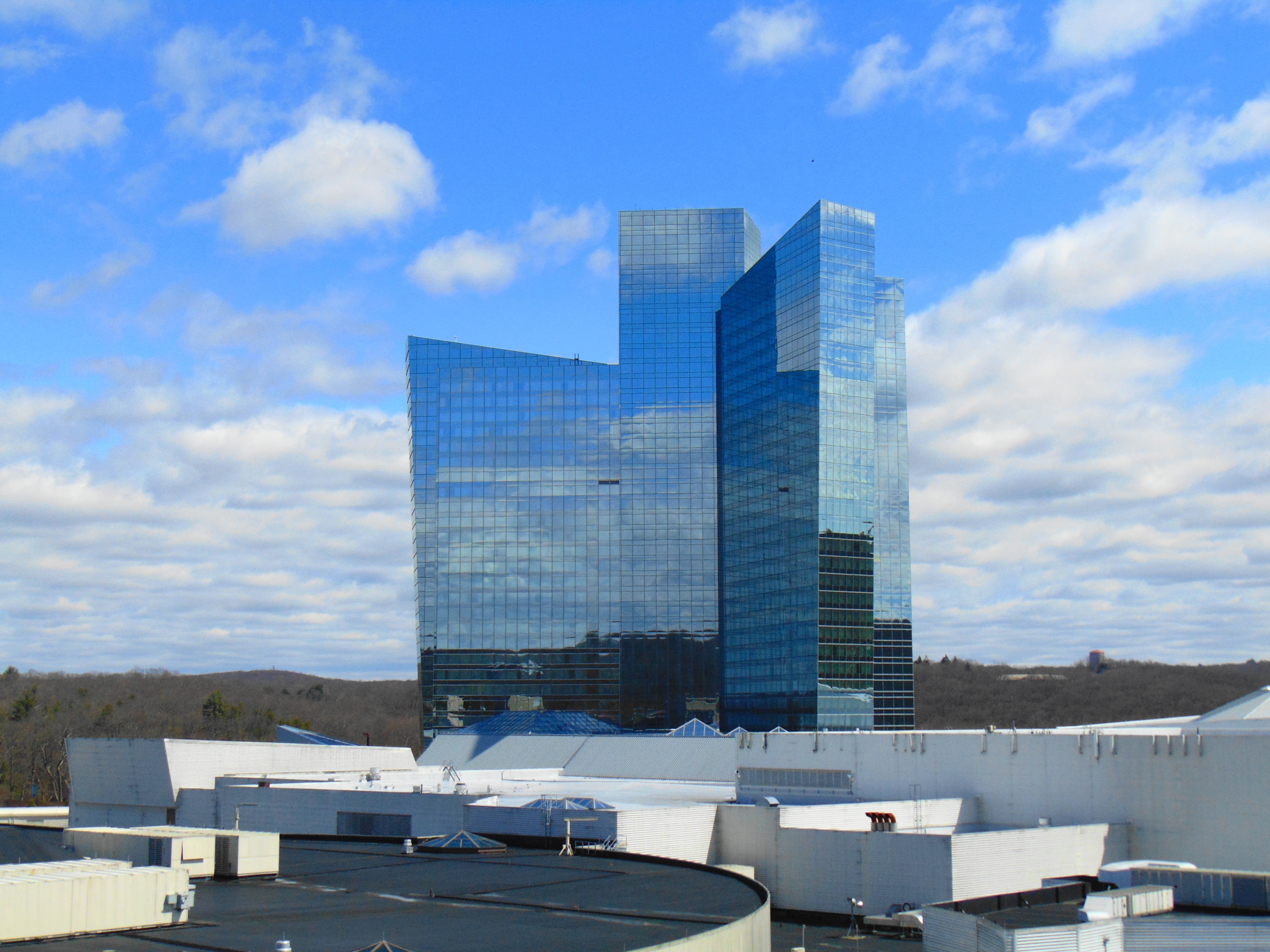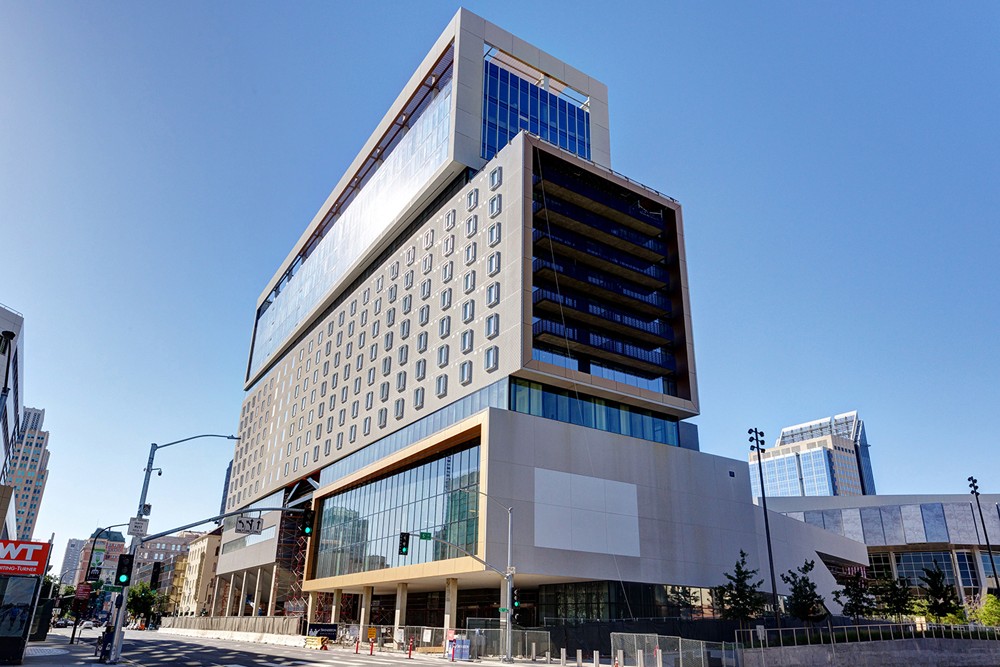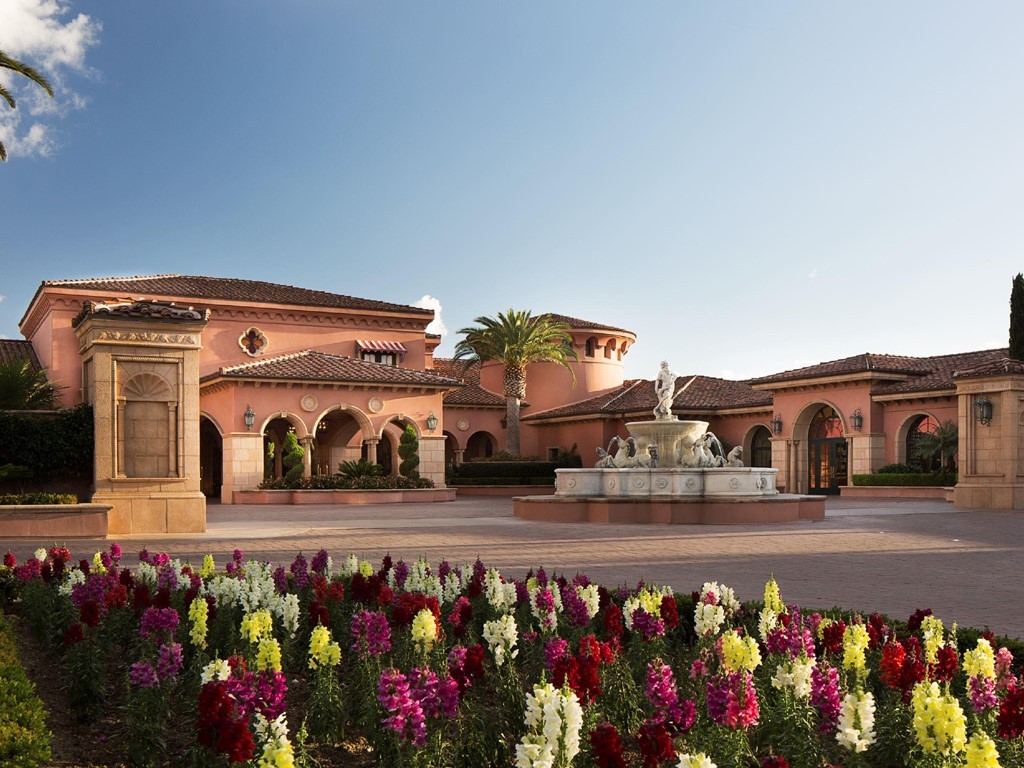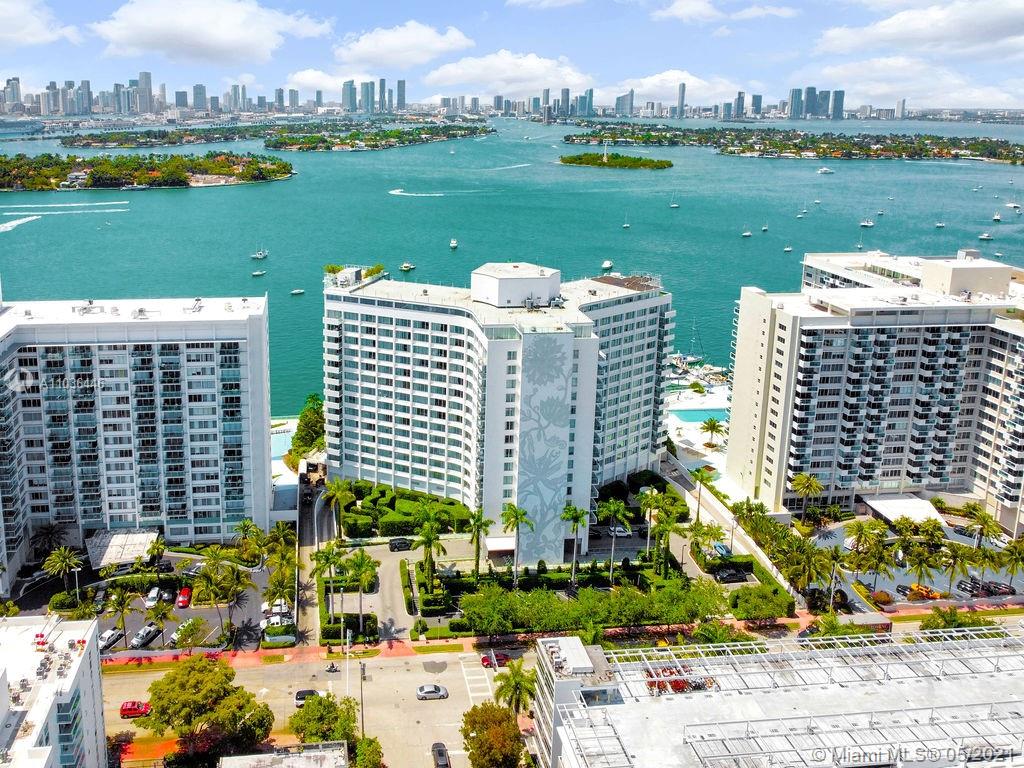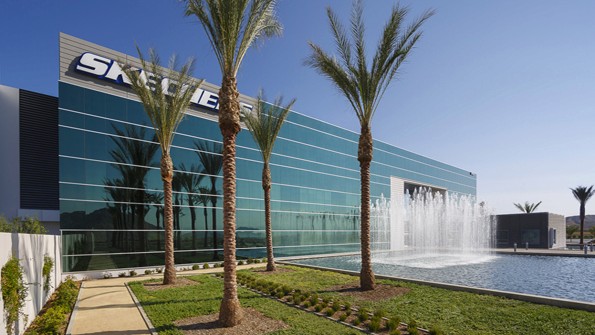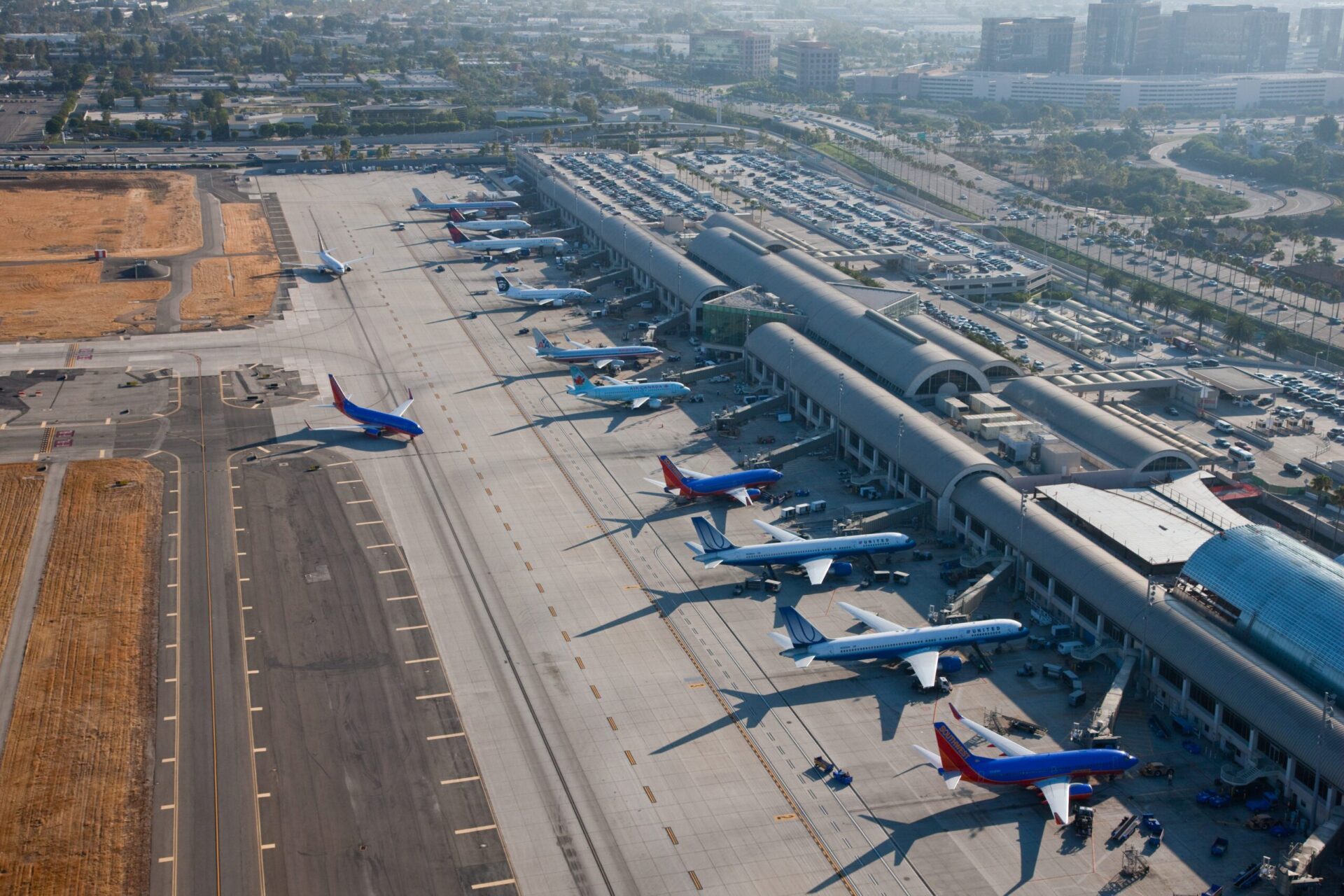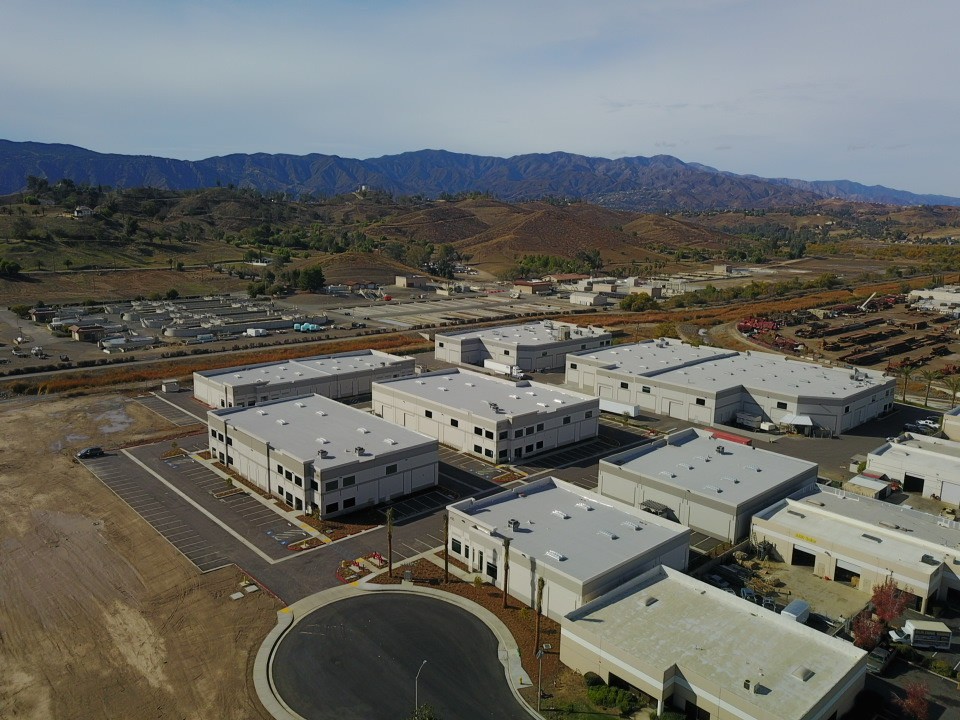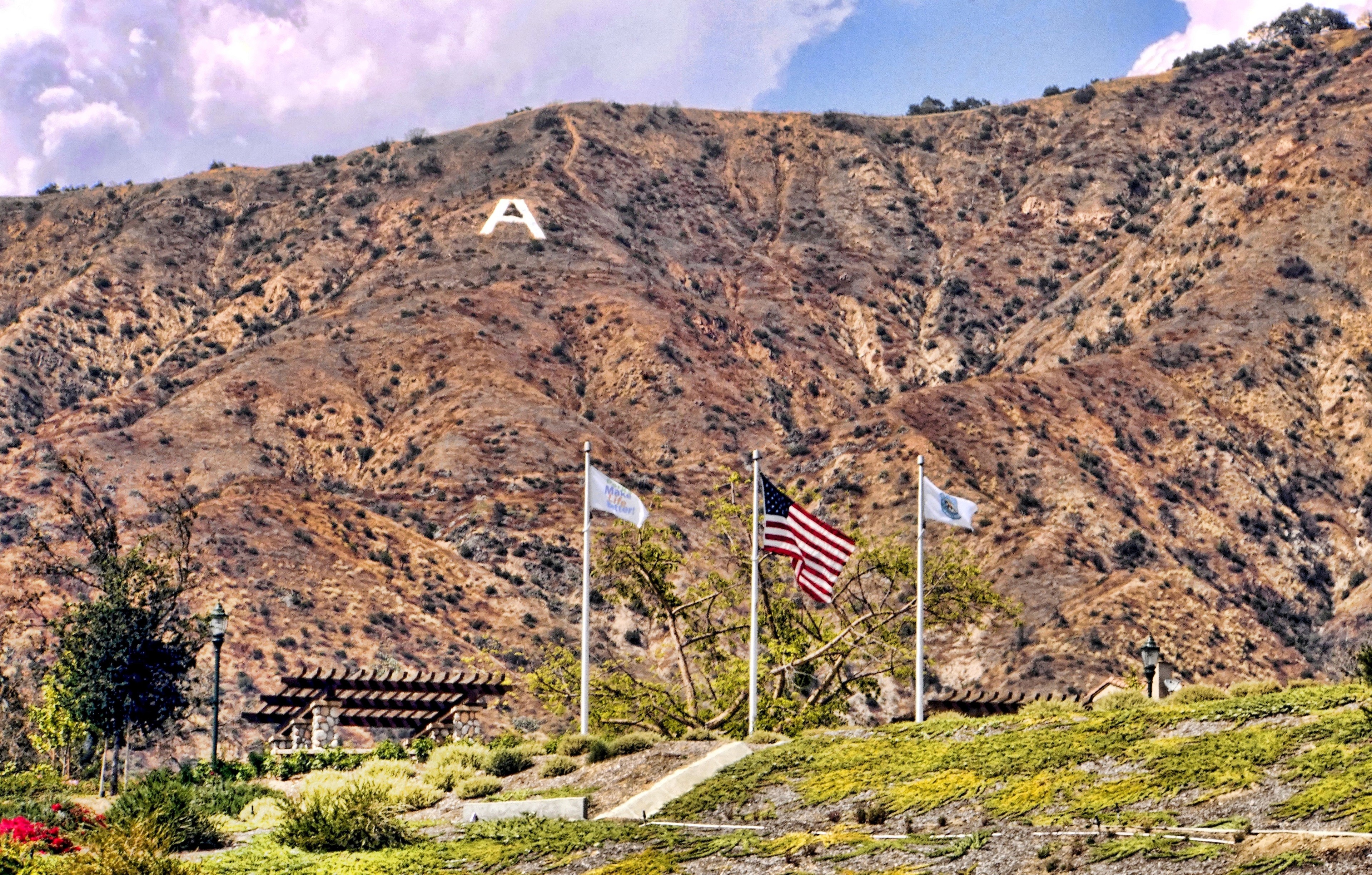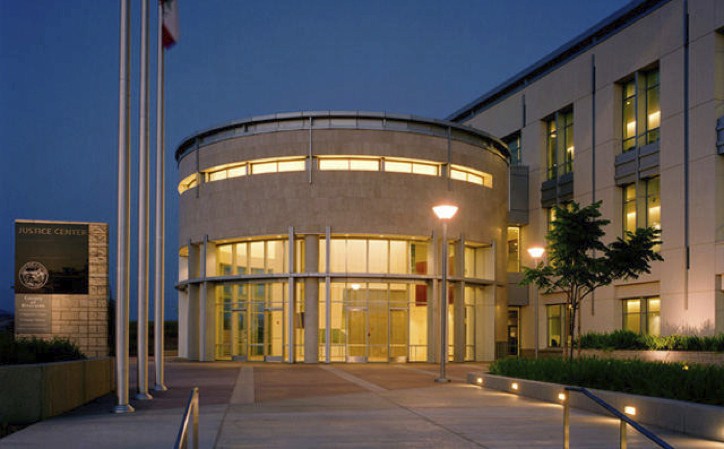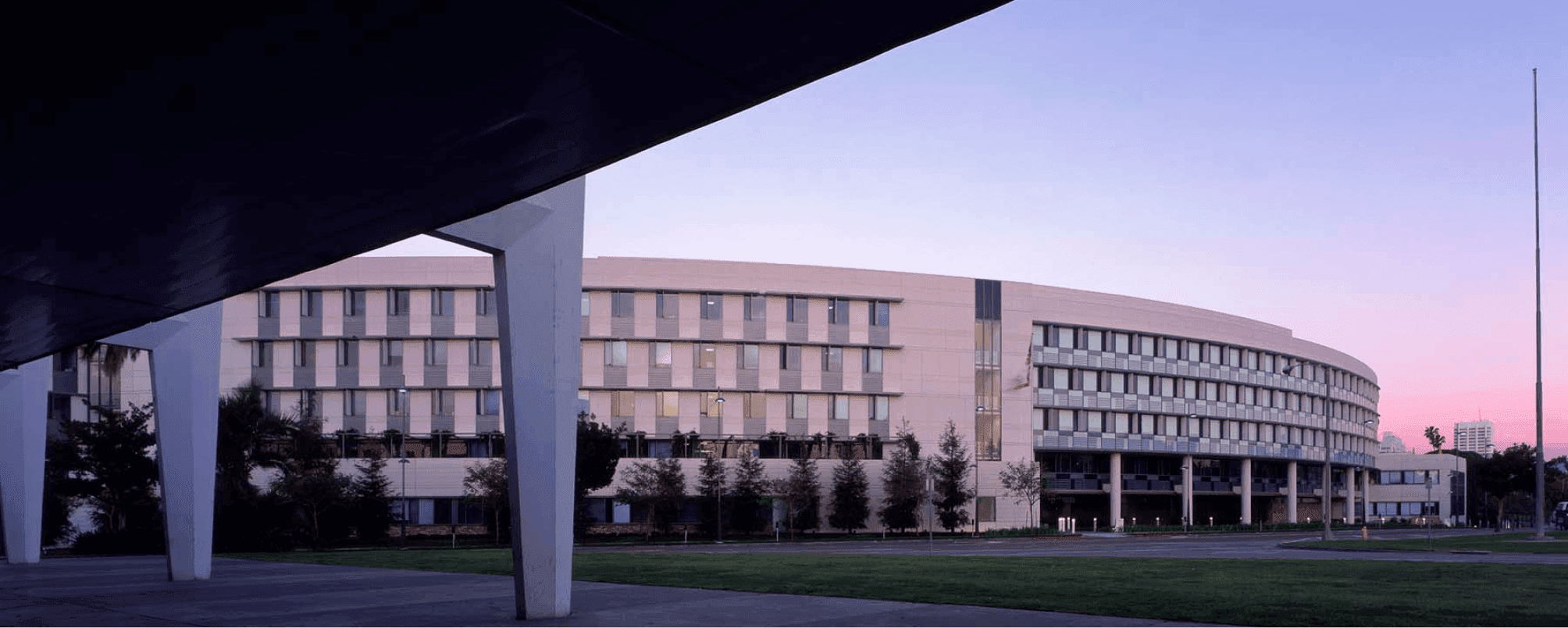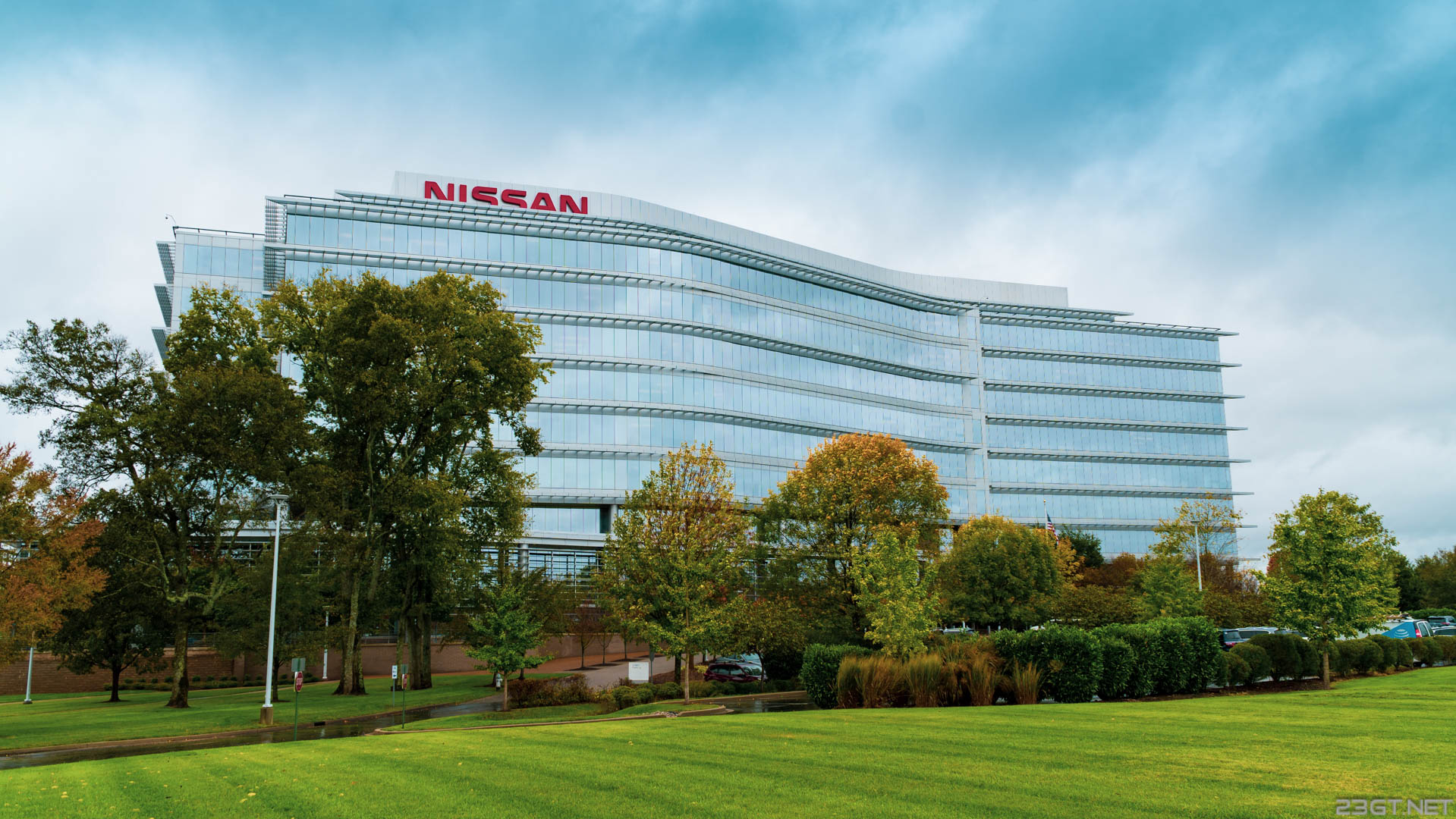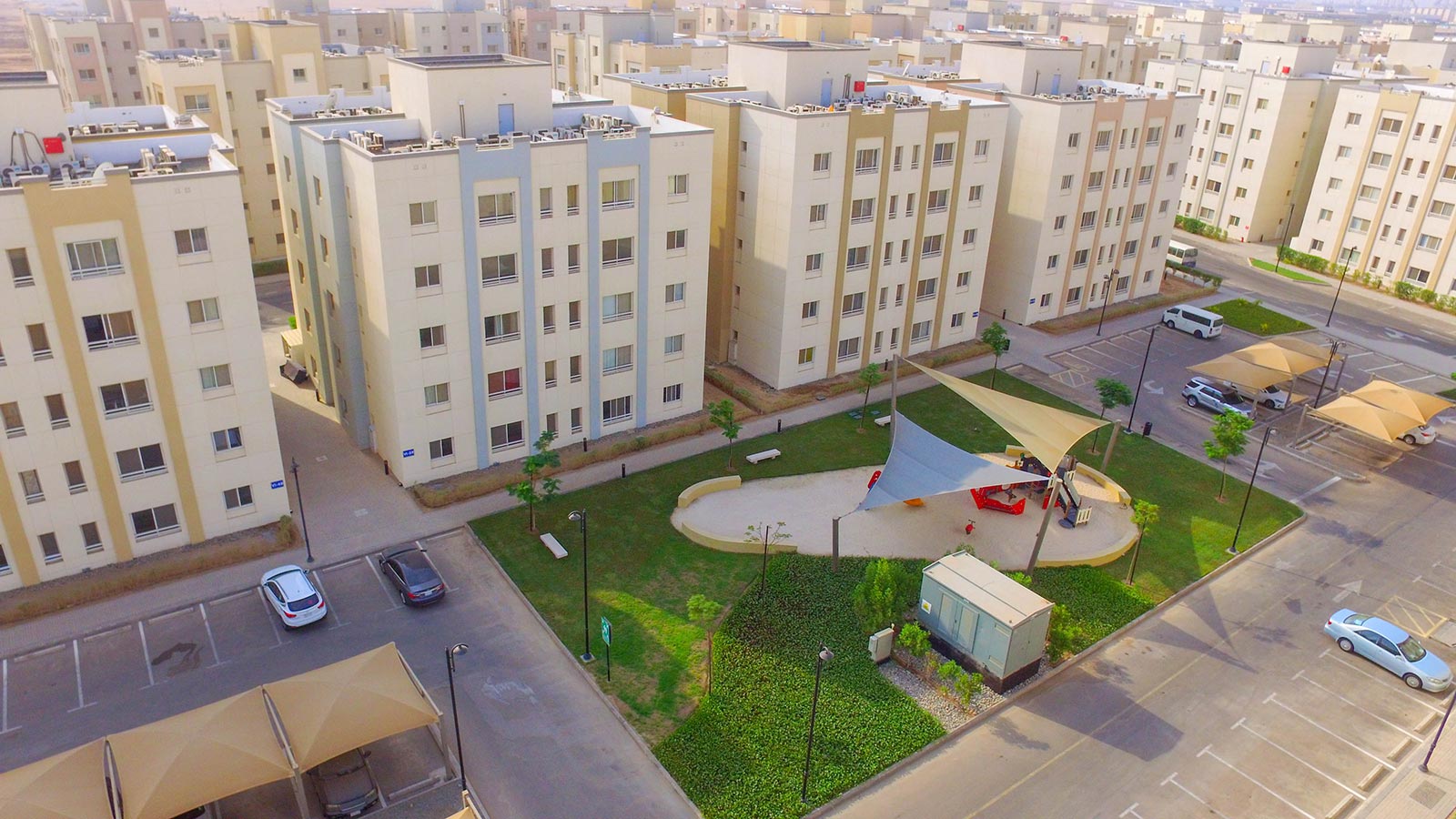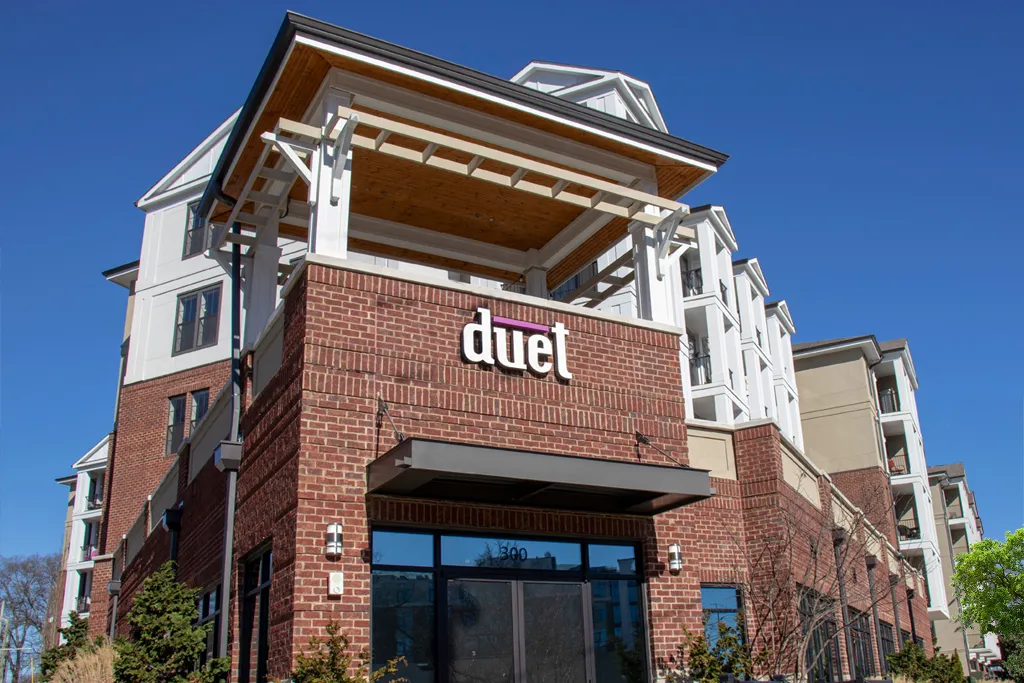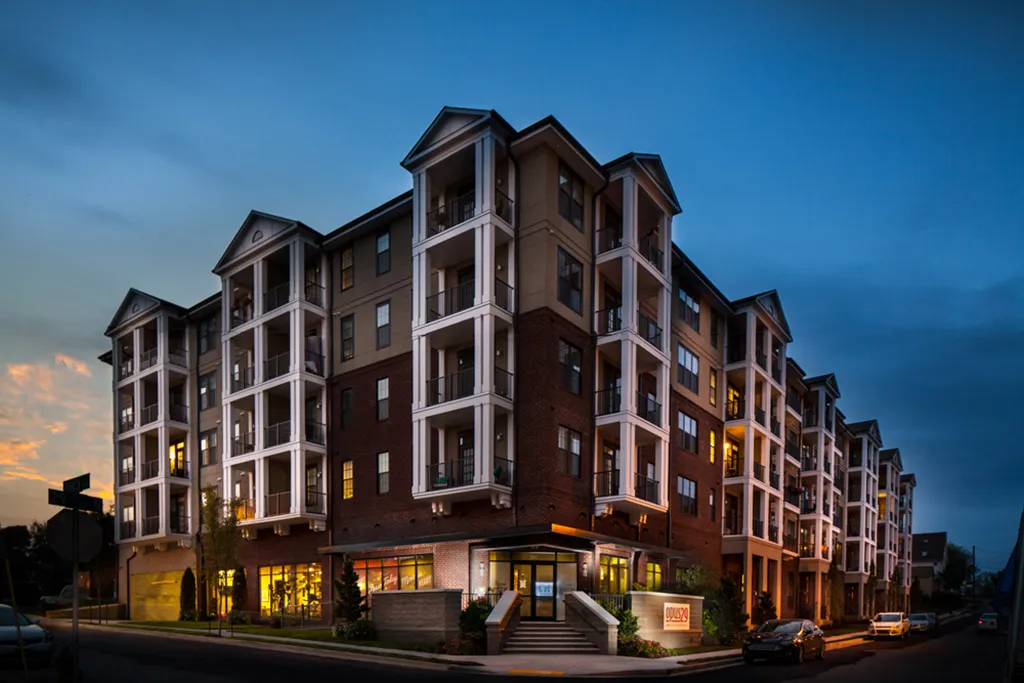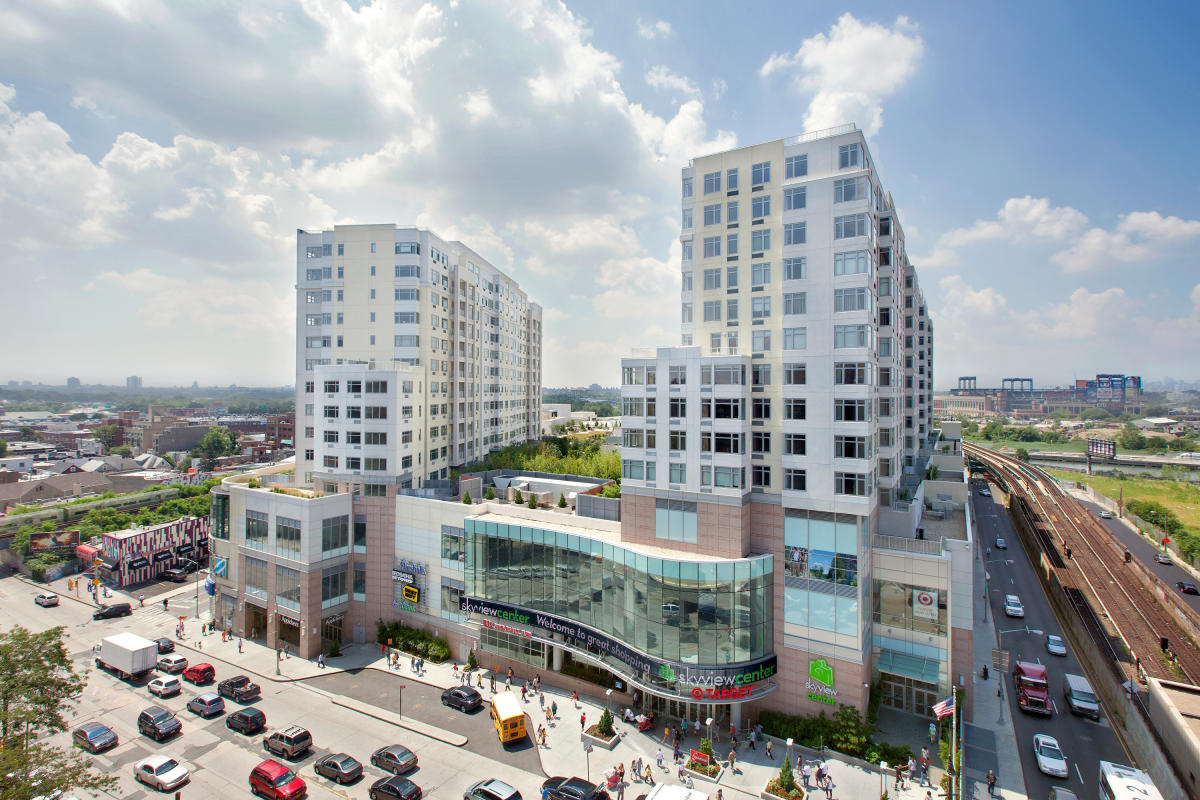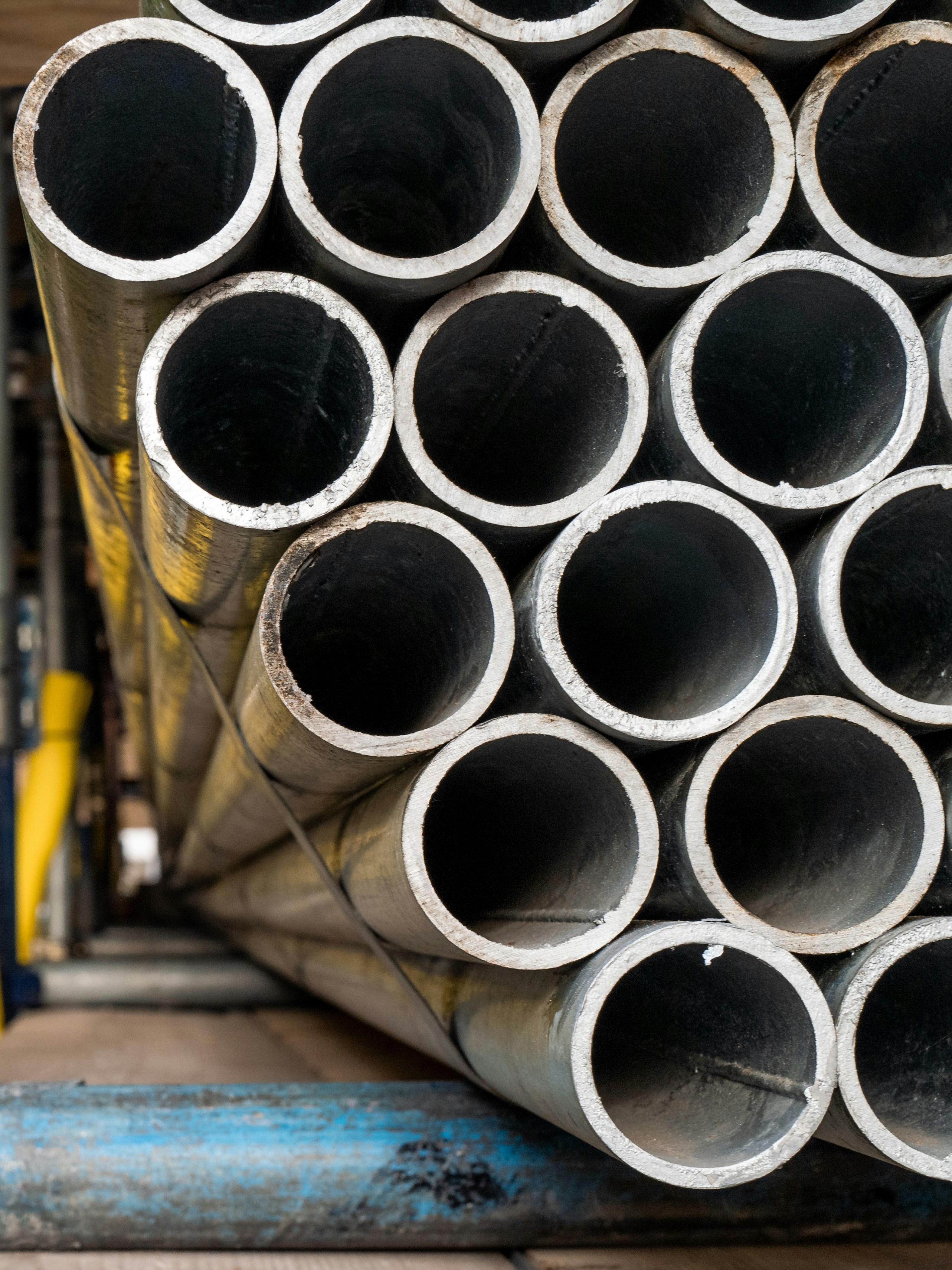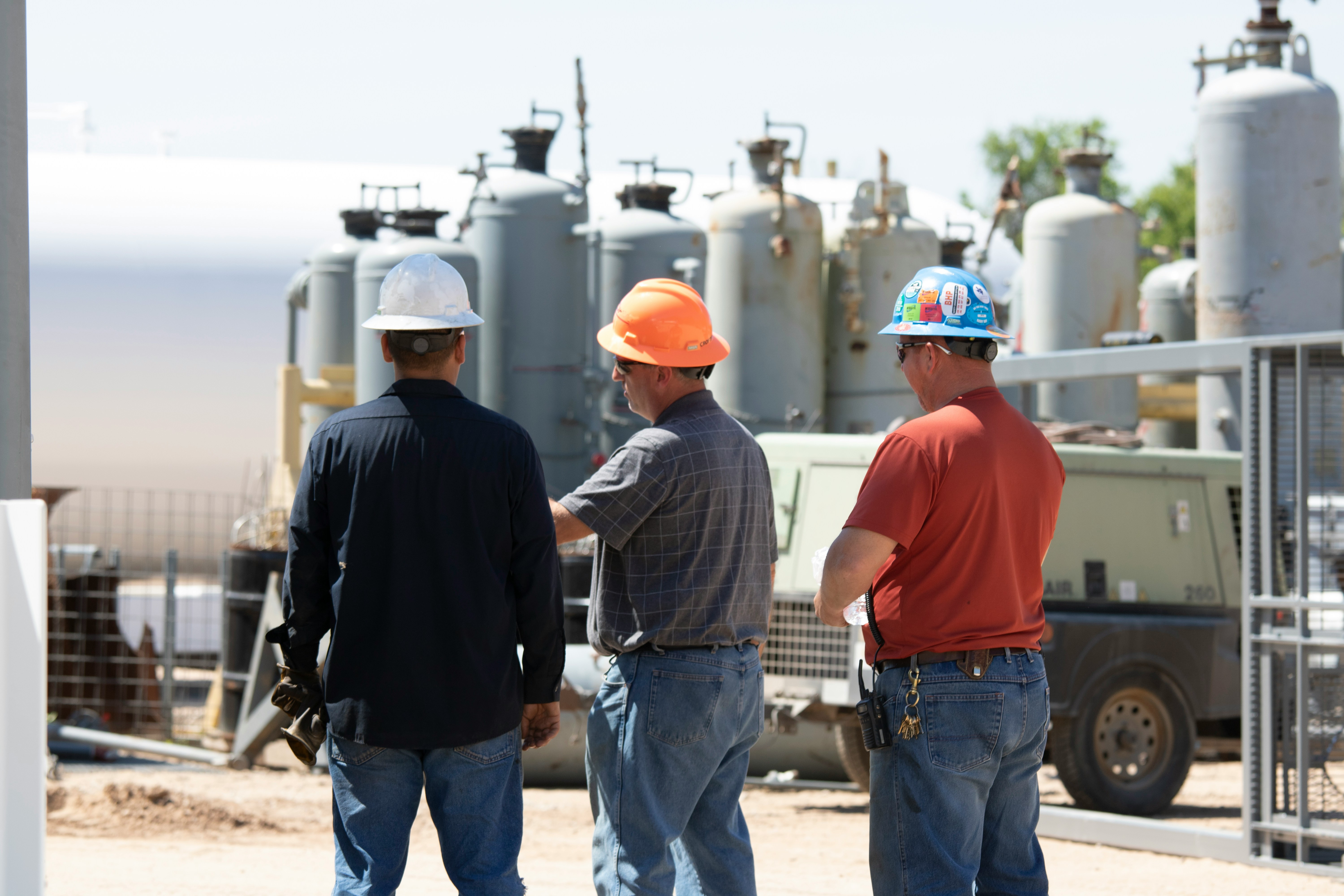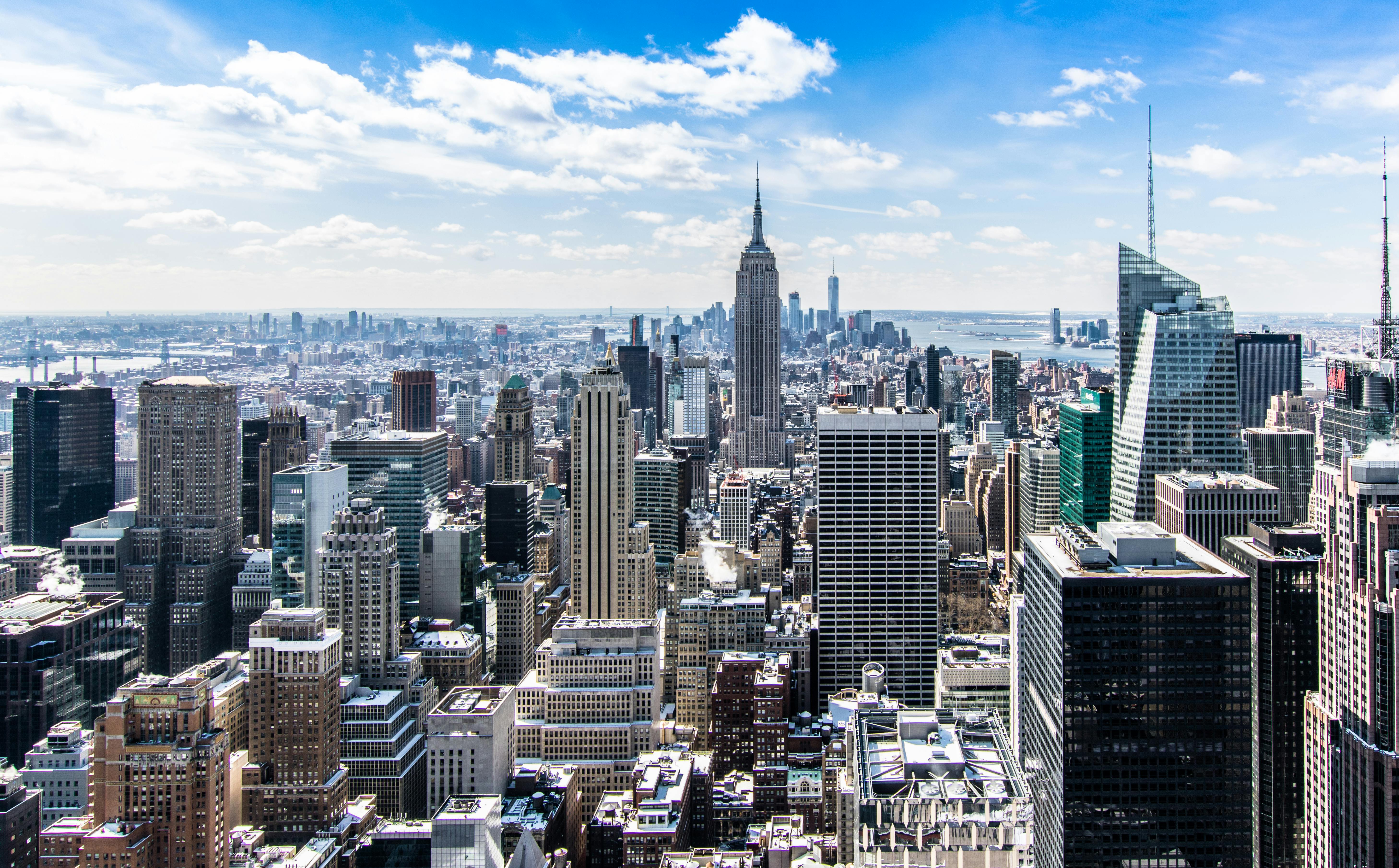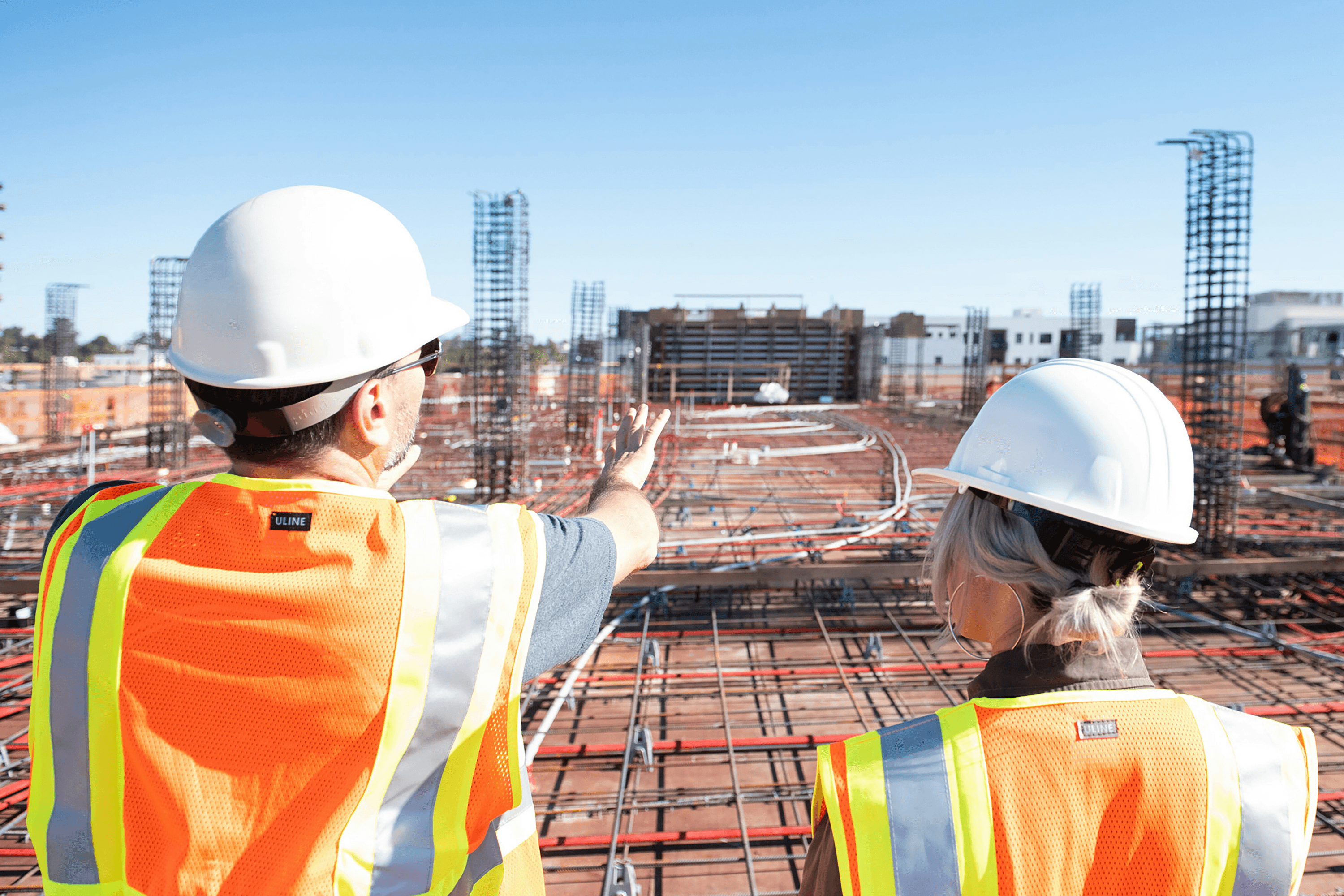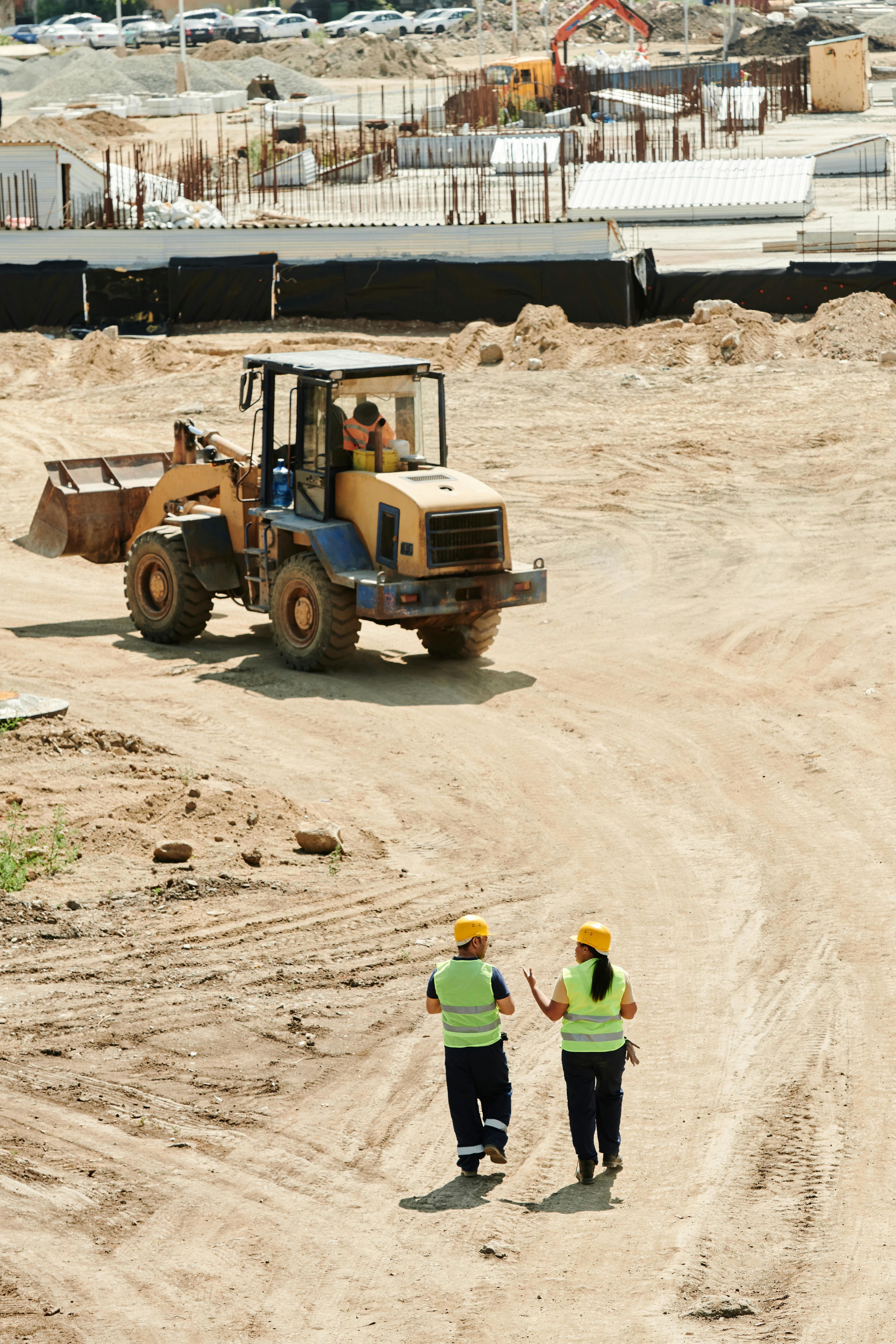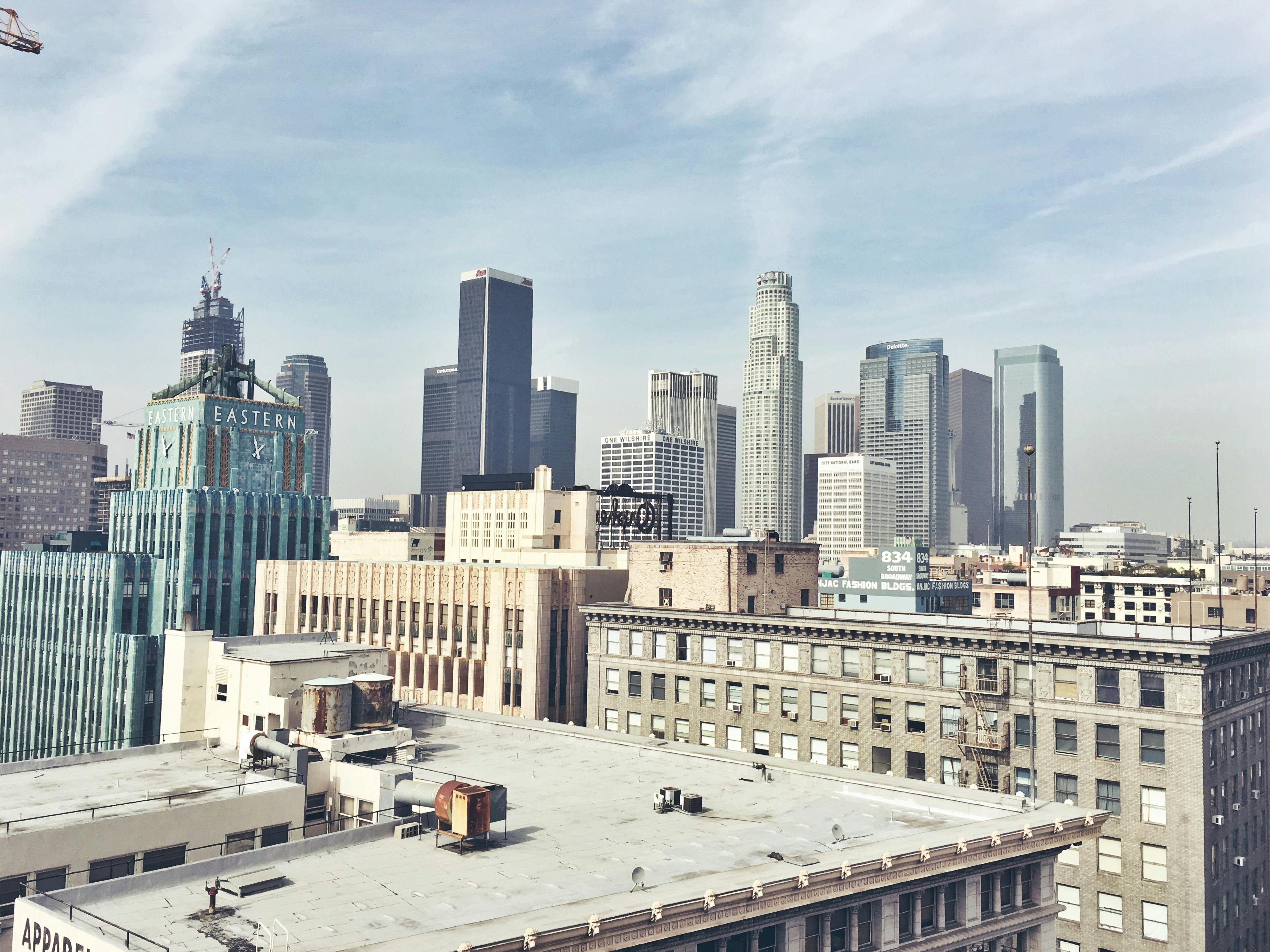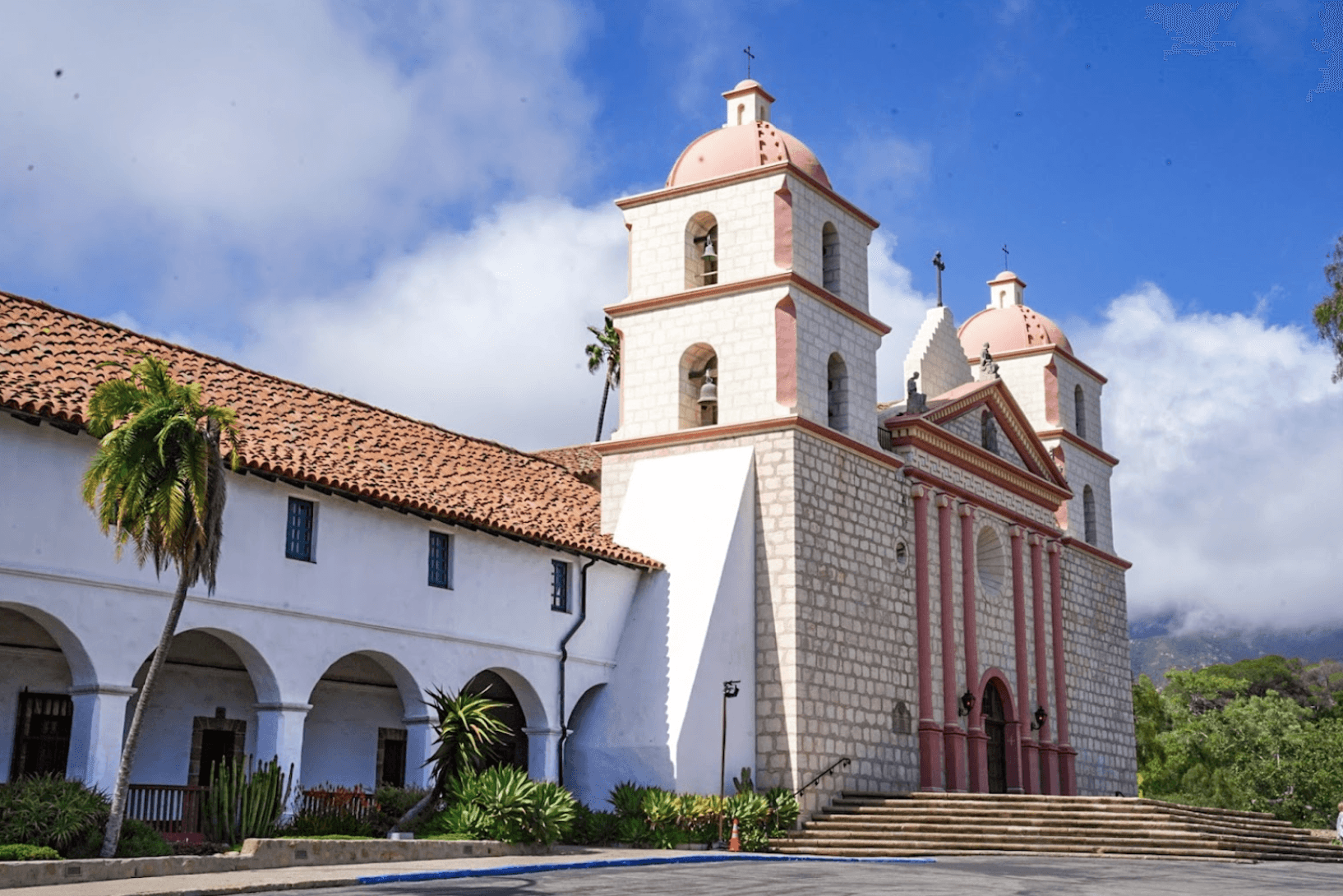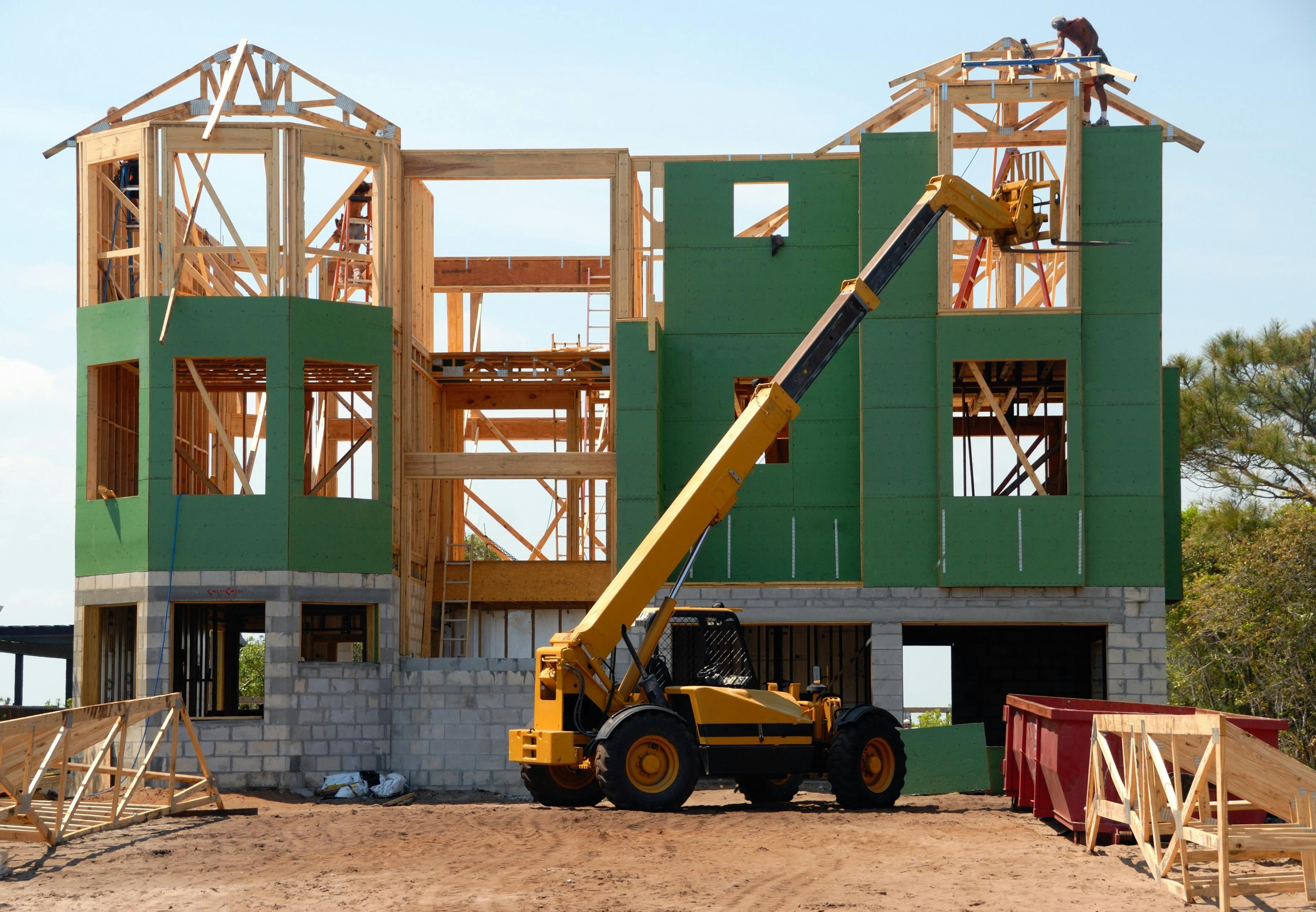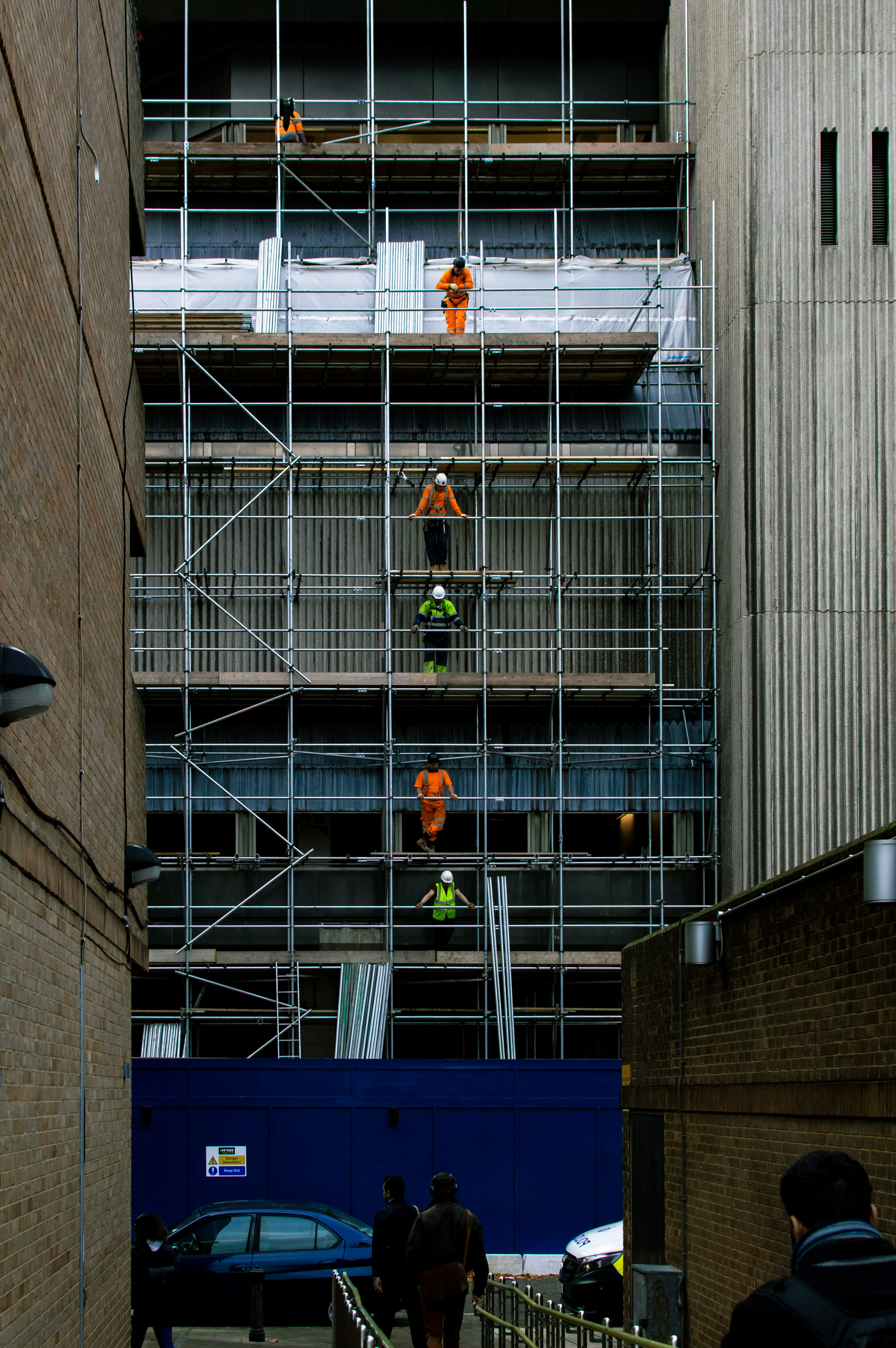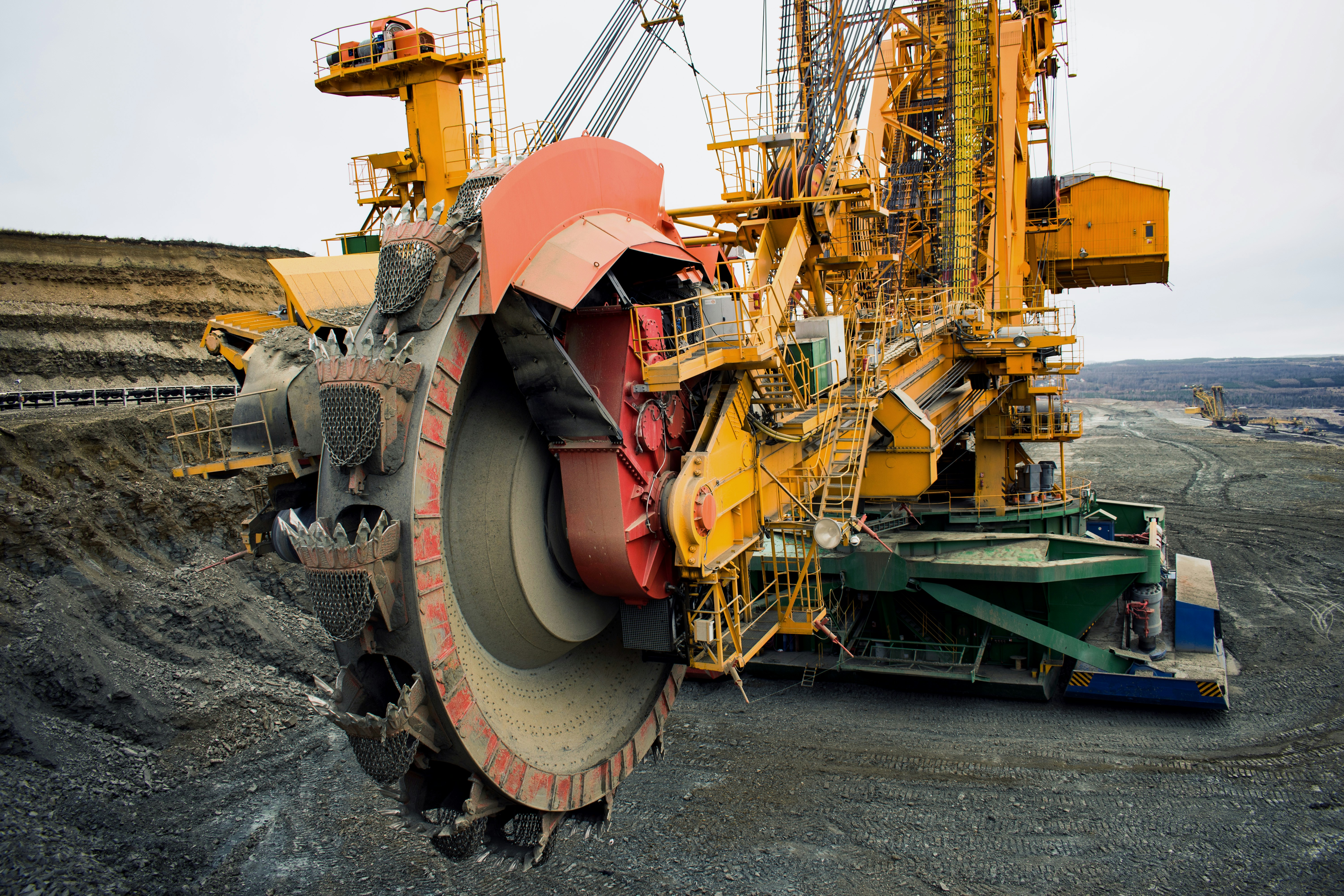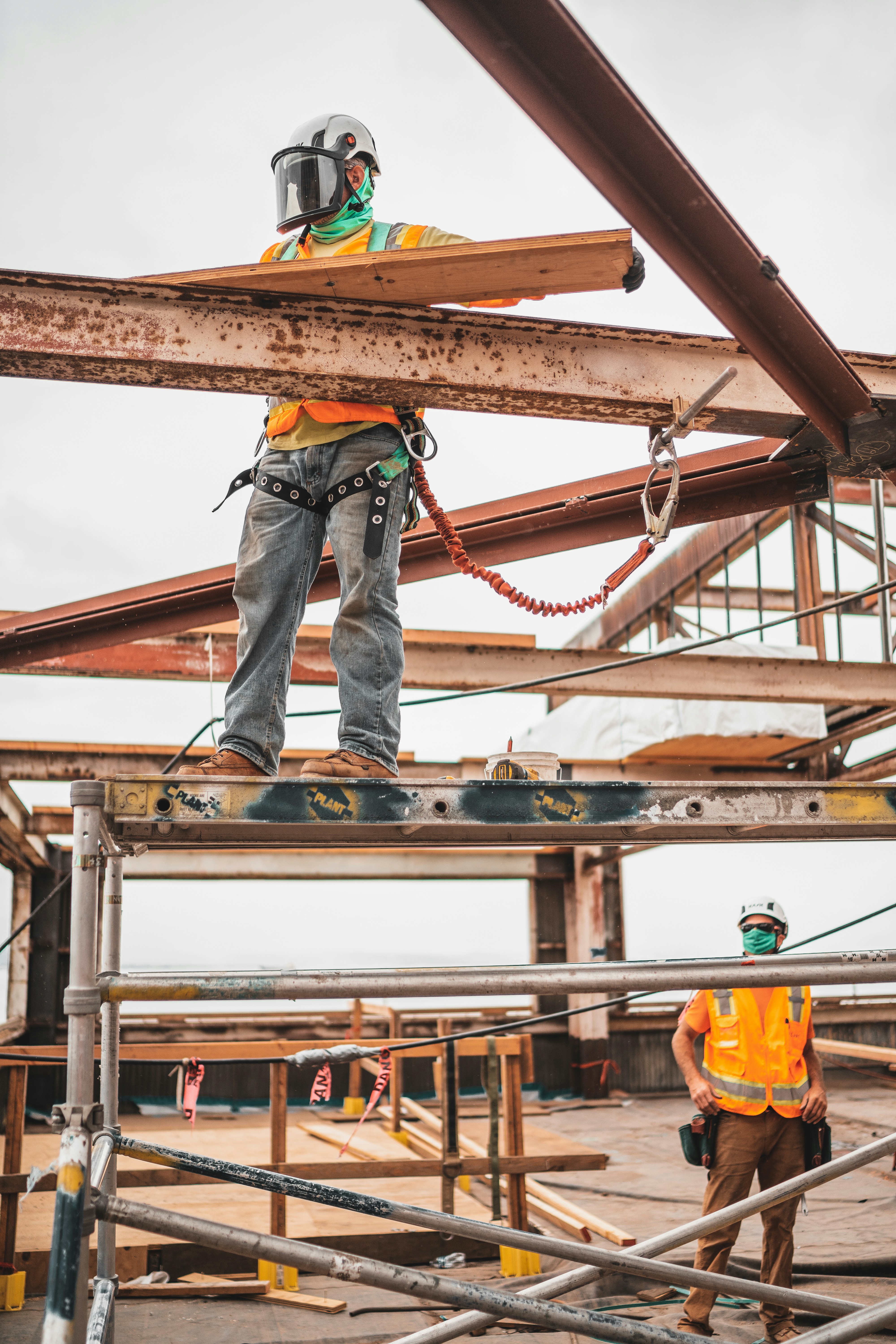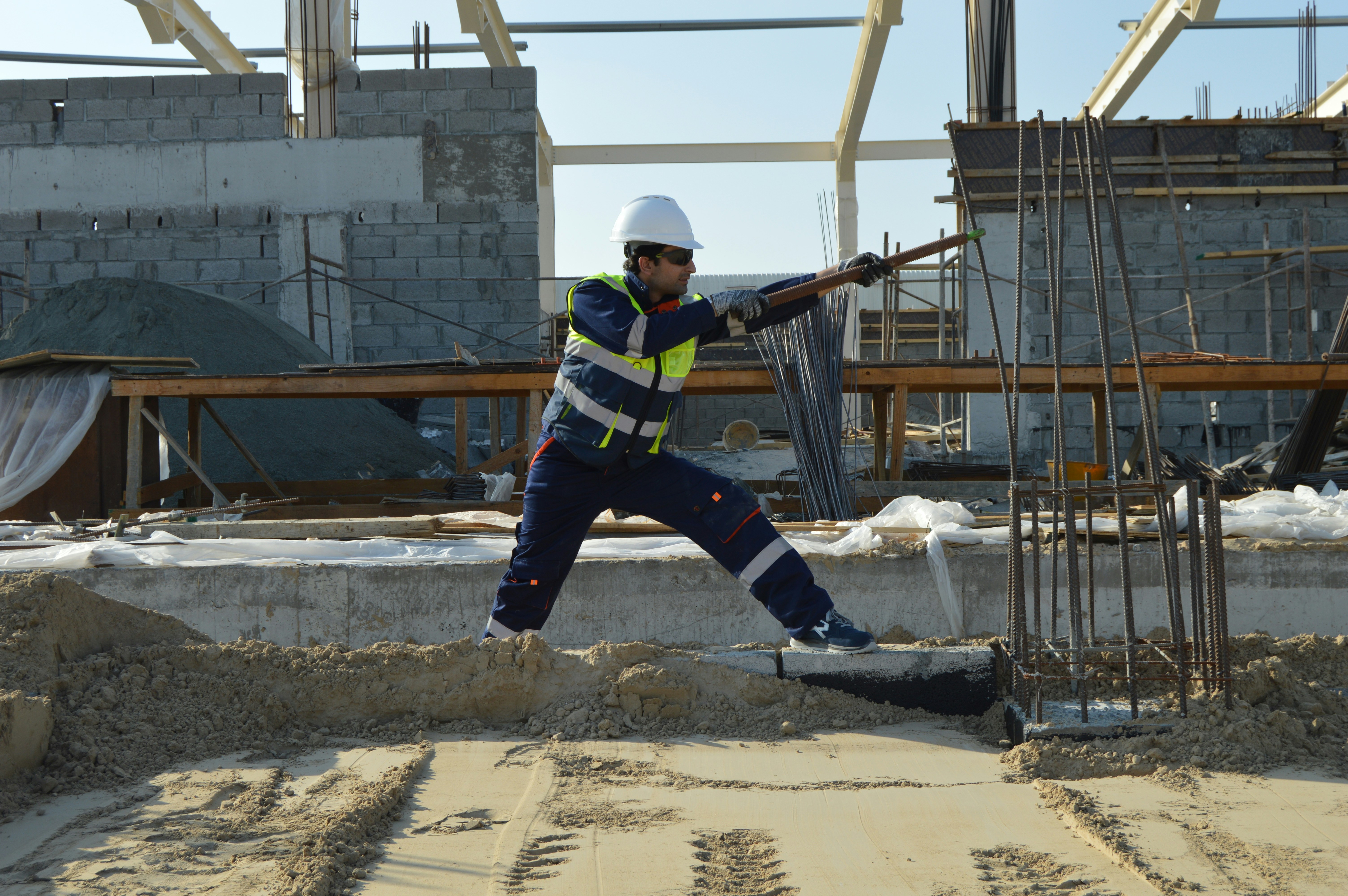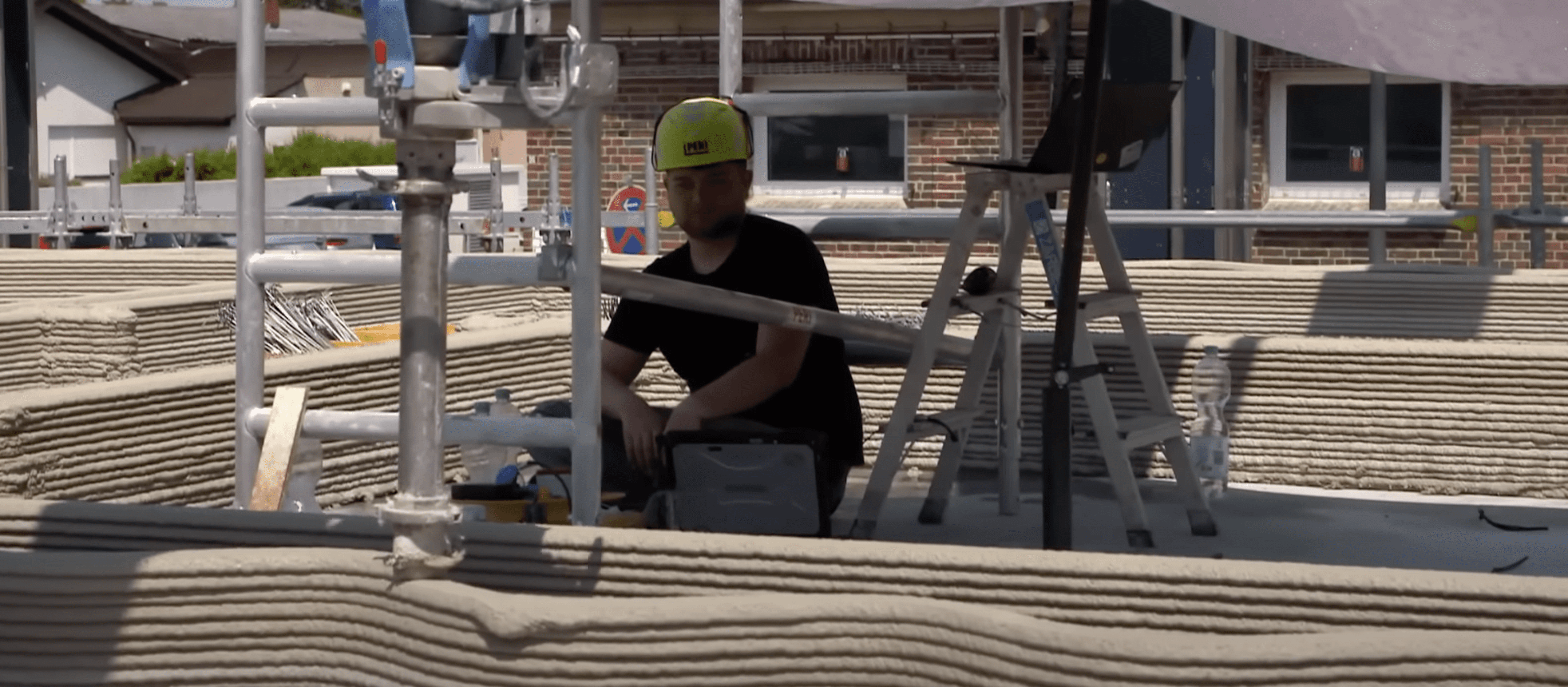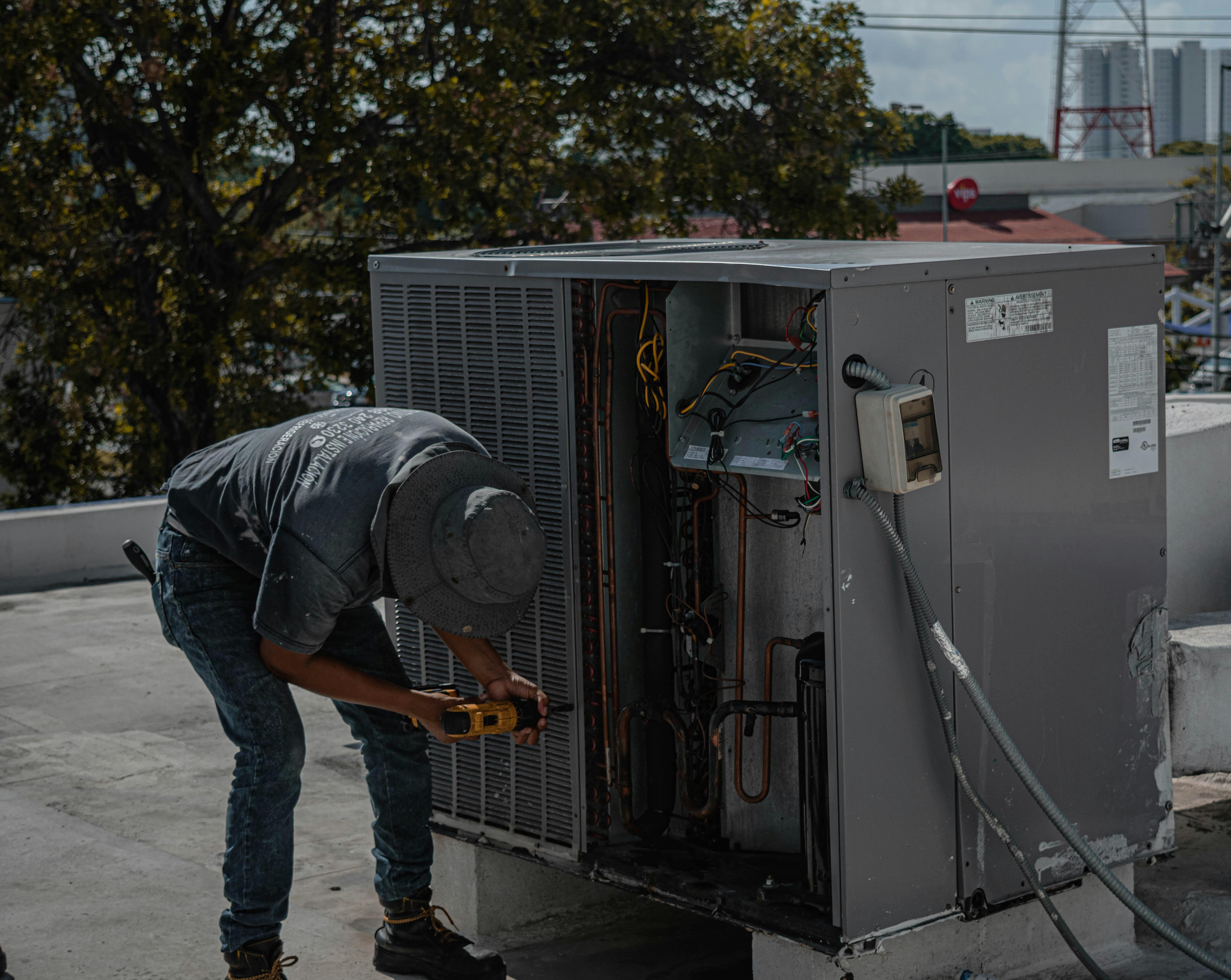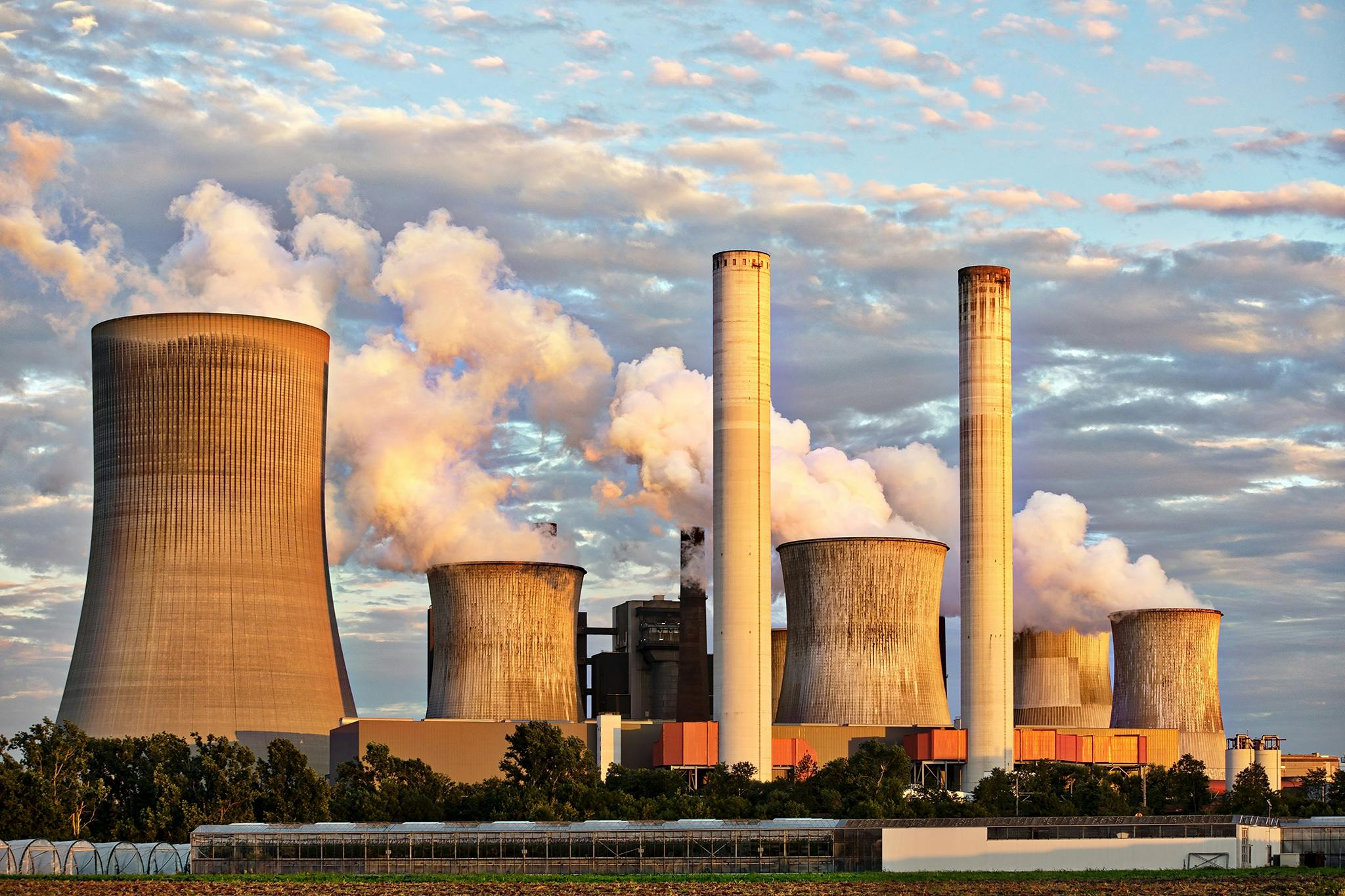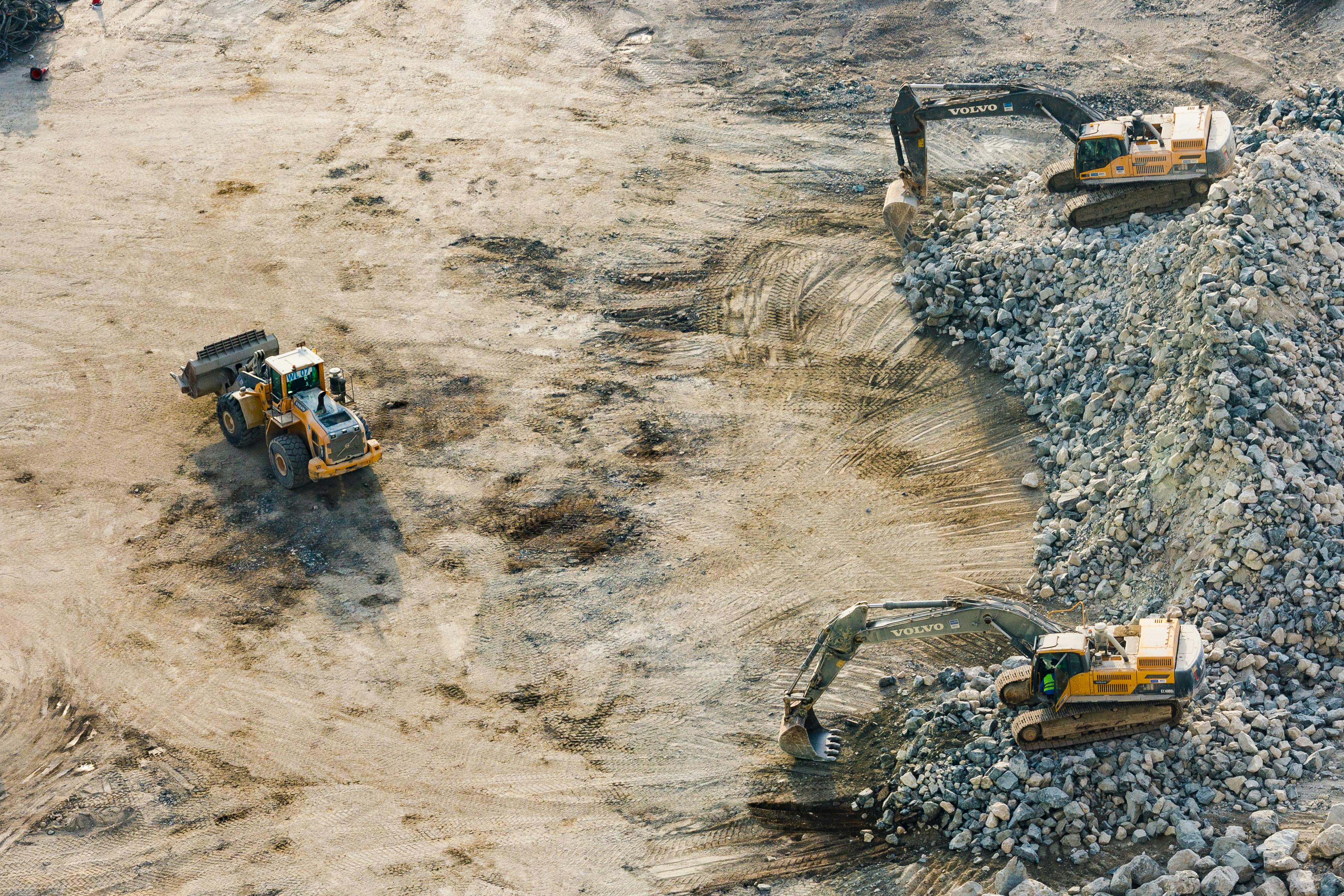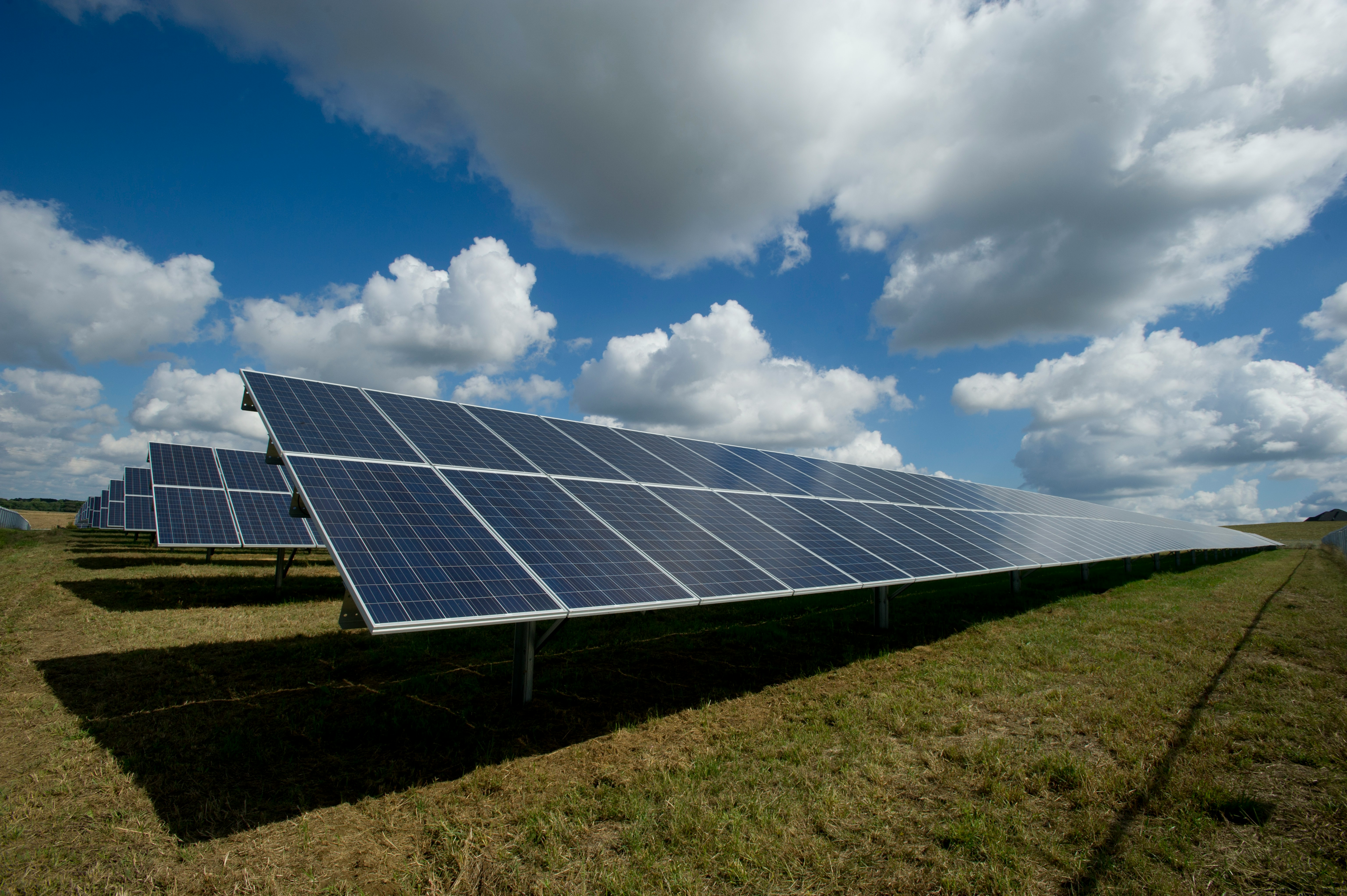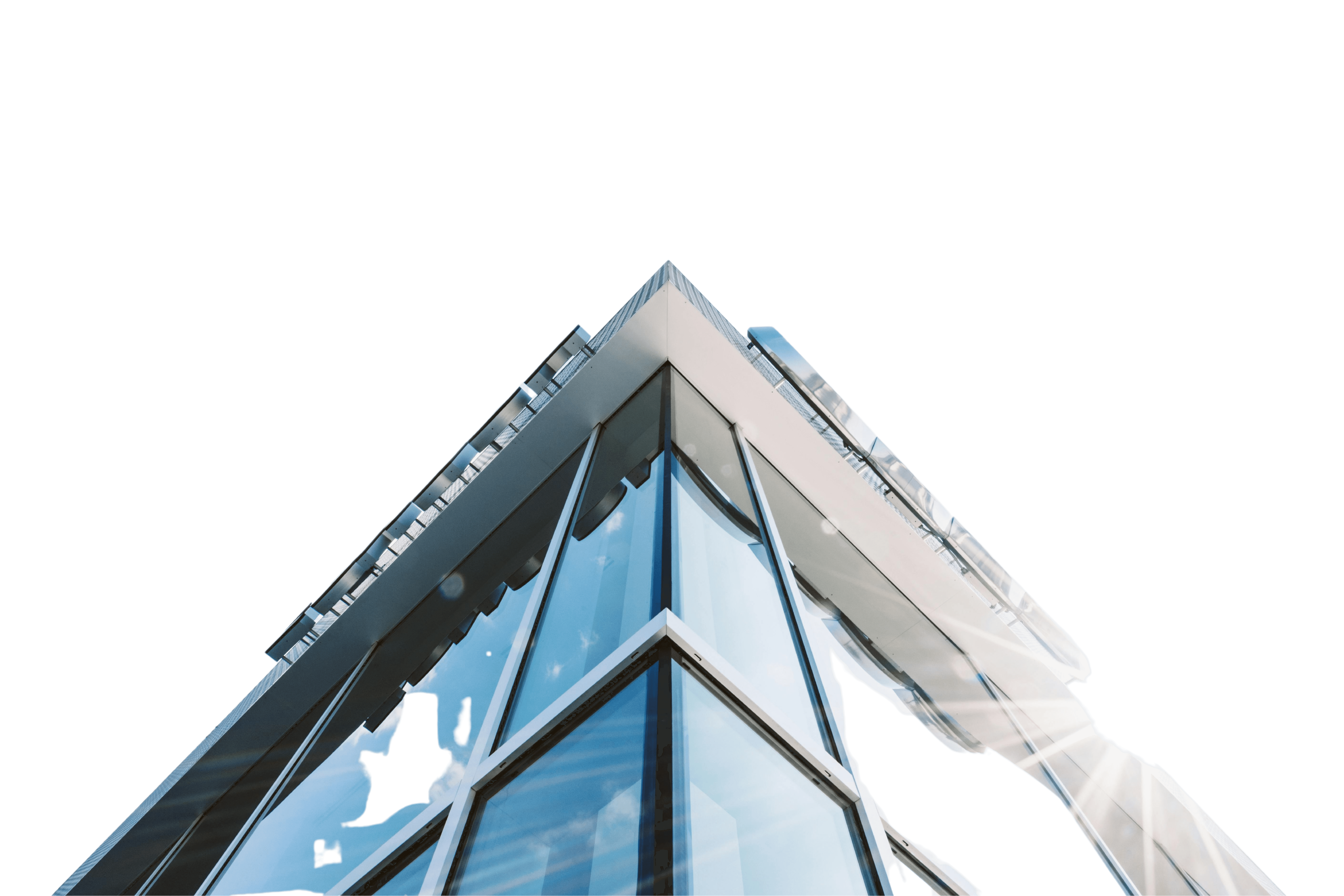
With the 2024 presidential race shaping up to be one of the most closely contested in recent history, the construction industry is feeling the strain of mounting uncertainty. Experts and industry leaders report that the ambiguous political climate is prompting hesitation, particularly in privately funded projects.
Recent data from the National Federation of Independent Business highlights record-breaking uncertainty among small business owners. This apprehension is reflected in the construction world, where stakeholders are pausing new ventures until the economic outlook becomes clearer.
“We’re seeing a significant shift towards caution as the market braces for potential shifts in economic policy,” shared Granger Hassmann, vice president of preconstruction and estimating at Adolfson & Peterson. According to Hassmann, this trend has been brewing over the past couple of years but is now more pronounced as the election nears.
Private Sector Pullback
Reports from the Federal Reserve’s latest Beige Book illustrate that developers in key areas, such as Cleveland and New York, are slowing their pace. Commercial builders note a trend where many projects are shelved until after election results are known. Kermit Baker, chief economist at The American Institute of Architects, pointed out that architecture firms, which typically signal future construction activity, are seeing project delays due to this political cloud.
“We had hoped that a retreat in inflation and easing interest rates would set the stage for recovery,” said Baker. “Instead, concerns over election outcomes are keeping that recovery at bay.”
The impact isn’t limited to design firms. High-profile examples include Ultium Cells’ decision to pause its $2.6 billion battery plant project in Michigan, citing economic and interest rate challenges, and Shift Capital’s stalled conversion of Philadelphia’s historic Beury Building due to lender hesitancy.
Resilience in Public Projects
Public infrastructure projects, however, appear more insulated from election-related slowdowns. Ken Simonson, chief economist for the Associated General Contractors of America, explained that public sector initiatives often continue as planned due to their lengthy approval processes and established funding. “Infrastructure, schools, and utility projects tend to move forward, election or not,” Simonson noted.
Yet, there is an underlying risk: major policy changes following the election could shift funding priorities. Anirban Basu, chief economist at Associated Builders and Contractors, pointed out that legislation such as the CHIPS Act and Inflation Reduction Act may see revisions depending on the outcome. “If support for alternative energy wanes, so might the projects linked to it,” Basu explained, referencing Meyer Burger’s halted $400 million solar plant in Colorado as a case study.
Preparing for Potential Policy Changes
Michael Guckes, chief economist at ConstructConnect, emphasized the potential regulatory swings tied to different election results. “Should one party gain full control, we could see policies that spur initial economic growth but bring renewed inflation risks,” Guckes suggested. He explained that aggressive spending or corporate tax cuts could create near-term growth at the cost of future financial tightening, with interest rate hikes to follow.
Conversely, an administration that prioritizes stringent environmental and labor regulations could place added pressure on construction budgets and timelines. “Tighter regulations could introduce new compliance challenges and costs,” Guckes said.
Looking Forward
The construction industry’s trajectory hinges on the clarity that comes after the election. Firms that stay agile, with contingency plans and an eye on potential shifts, will be better positioned to adapt and thrive. For now, balancing optimism with caution will be the key to navigating this pivotal moment.
Sources: www.agc.org, www.bls.gov, www.constructiondive.com, www.enr.com, www.hospitalitynet.org, www.latimes.com, www.thedefensepost.com, www.yahoo.com




